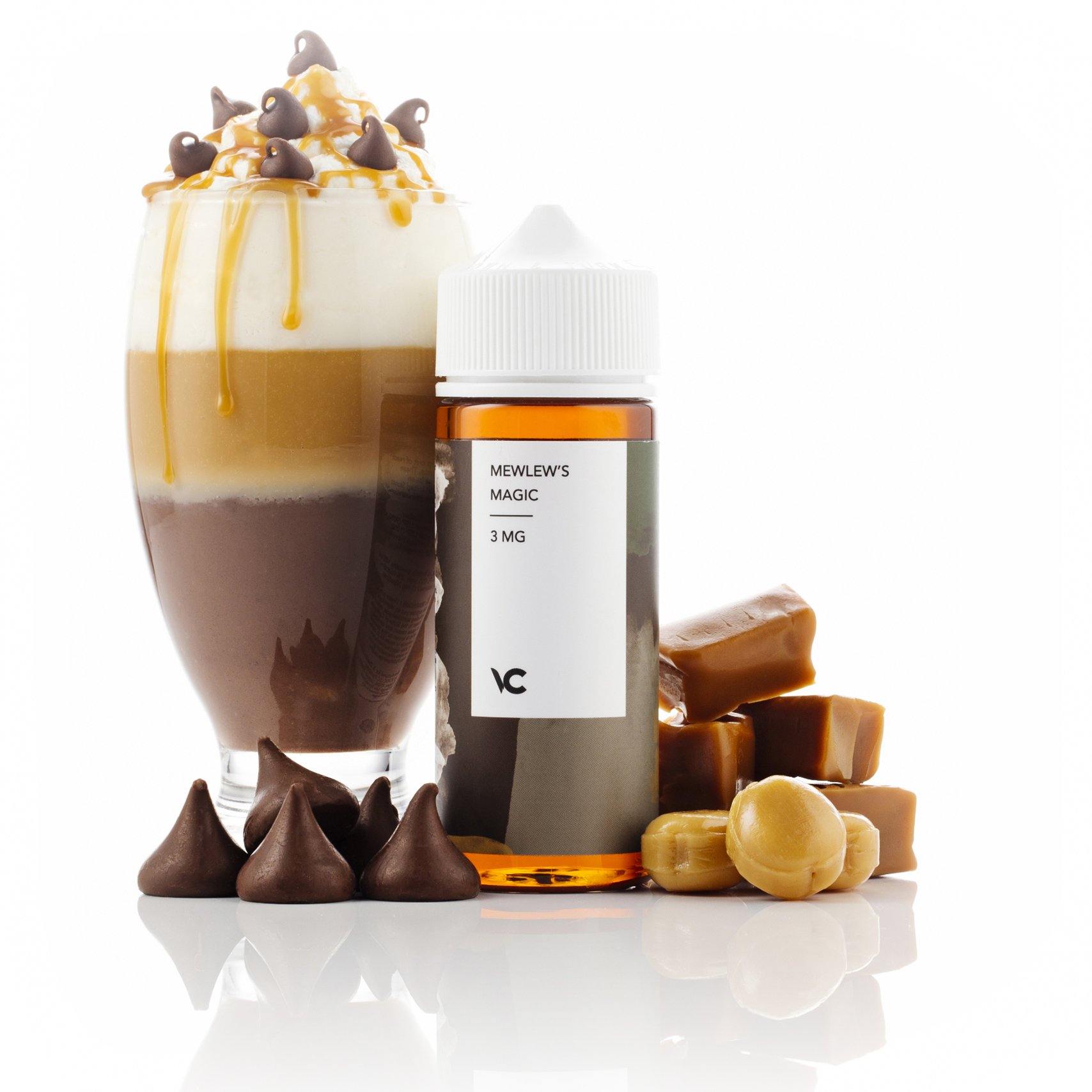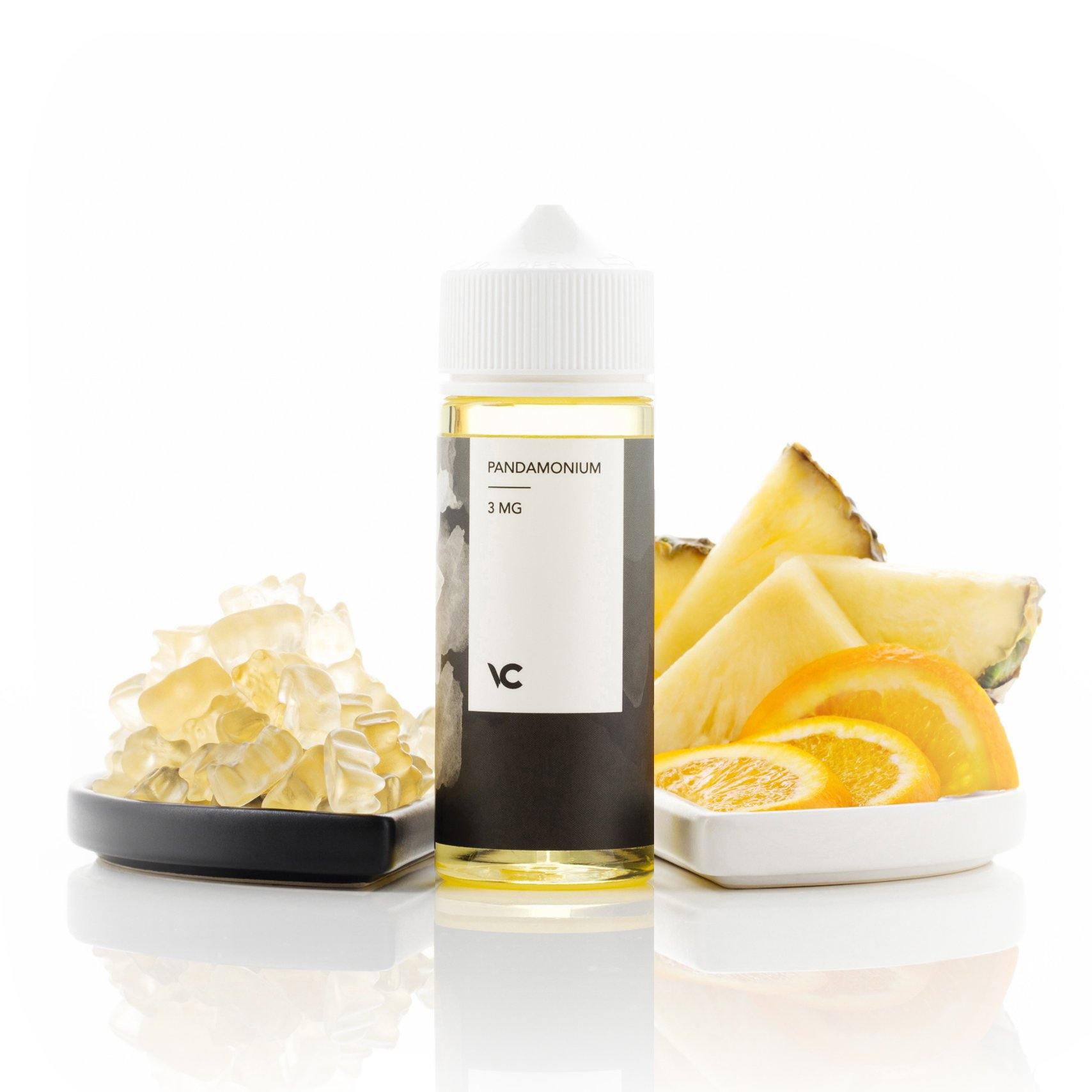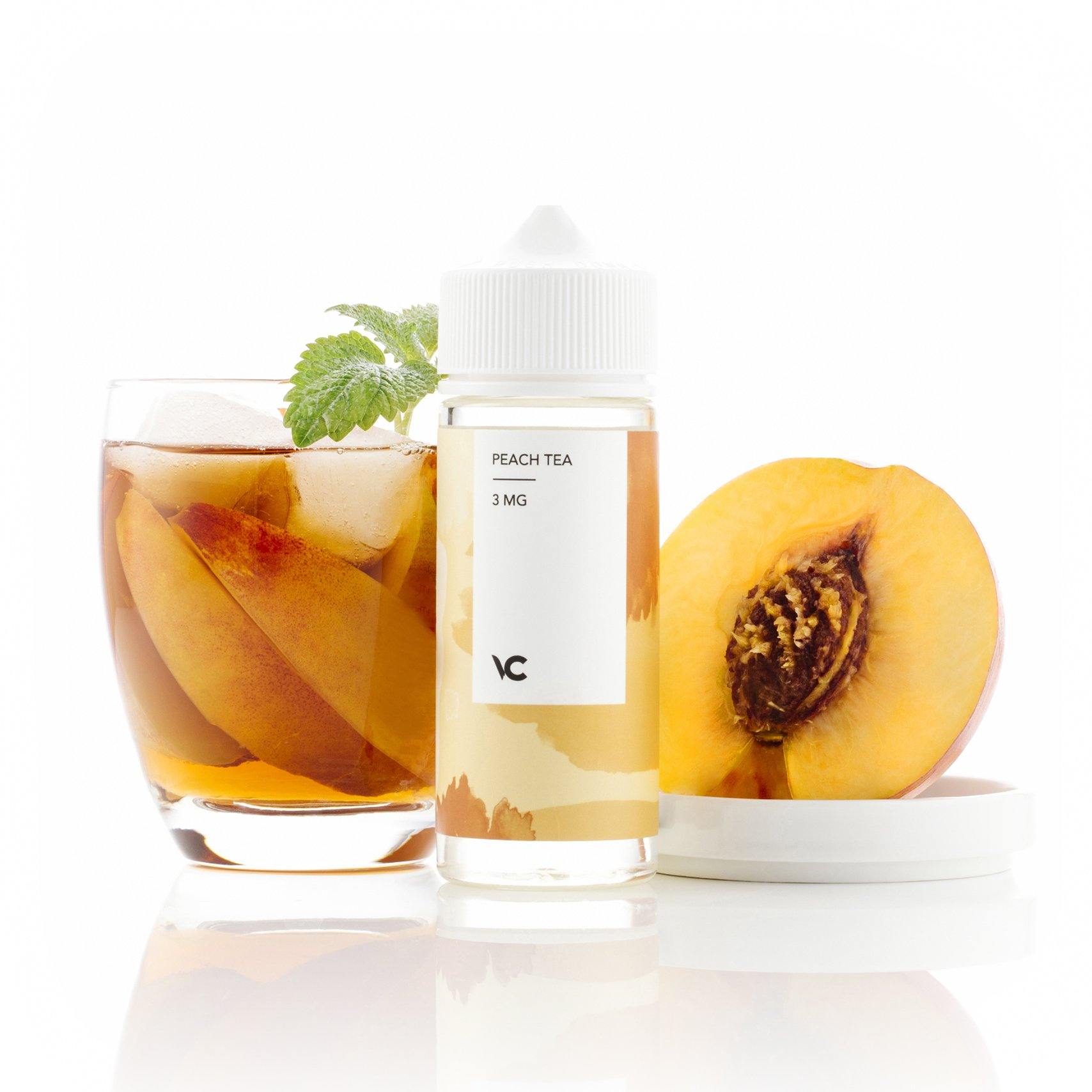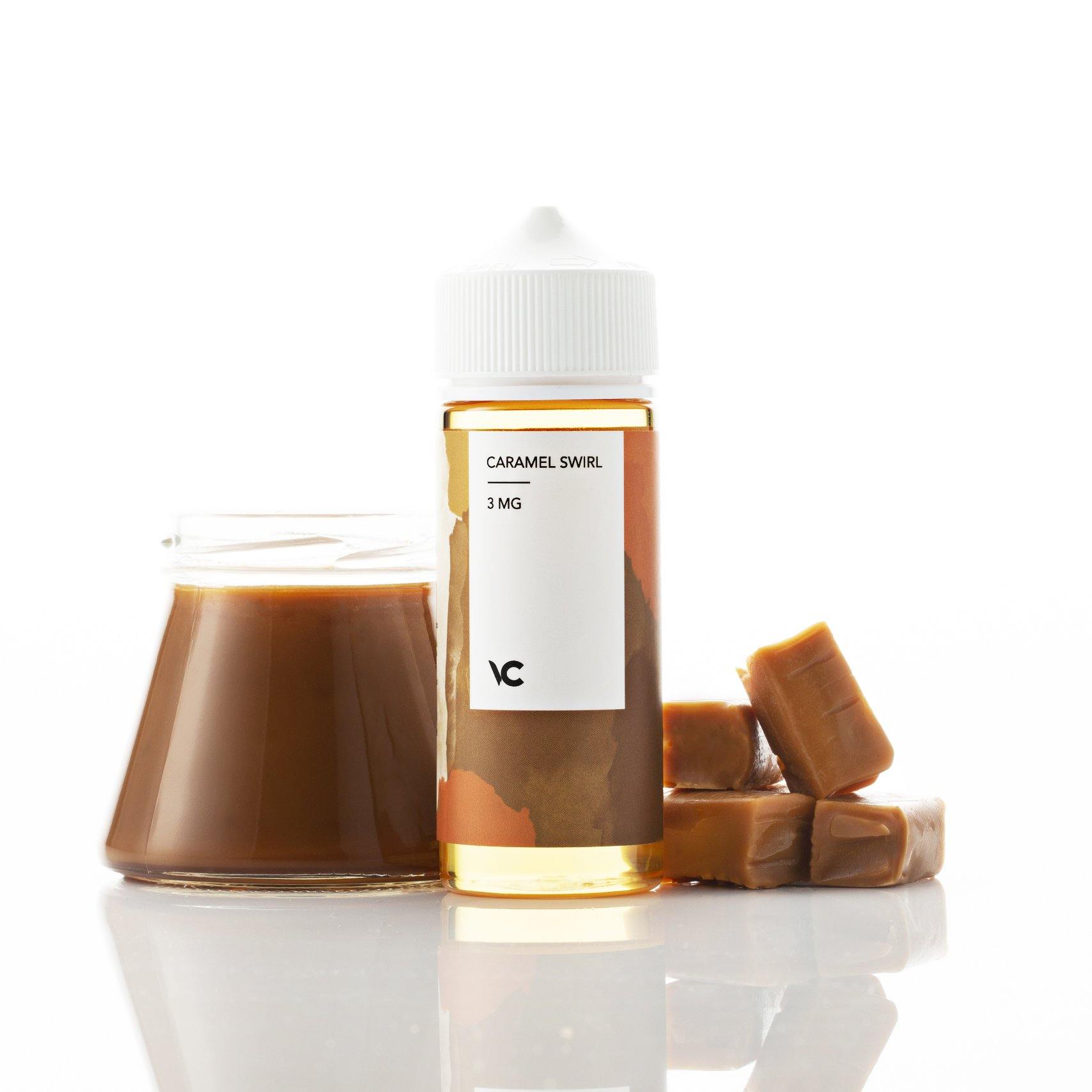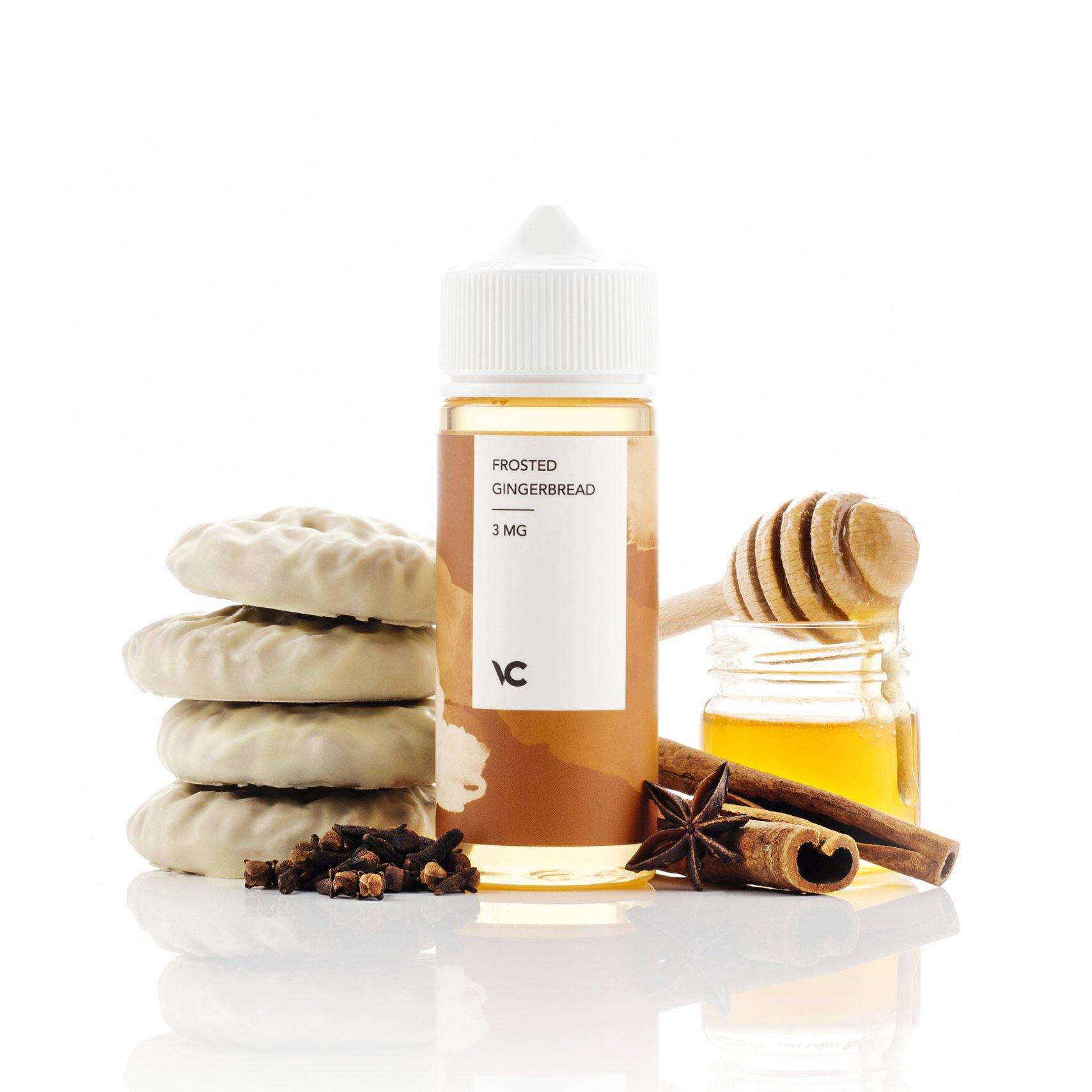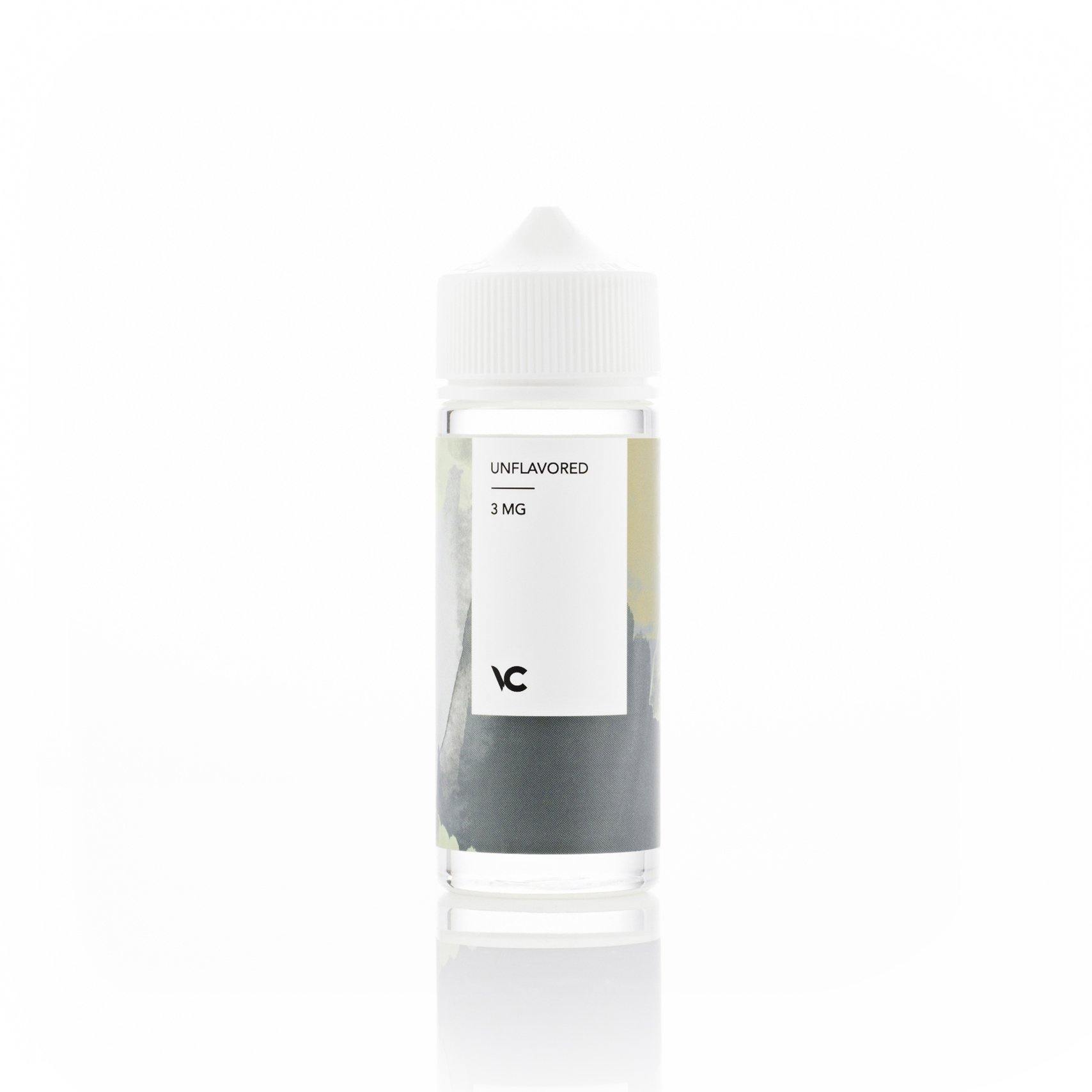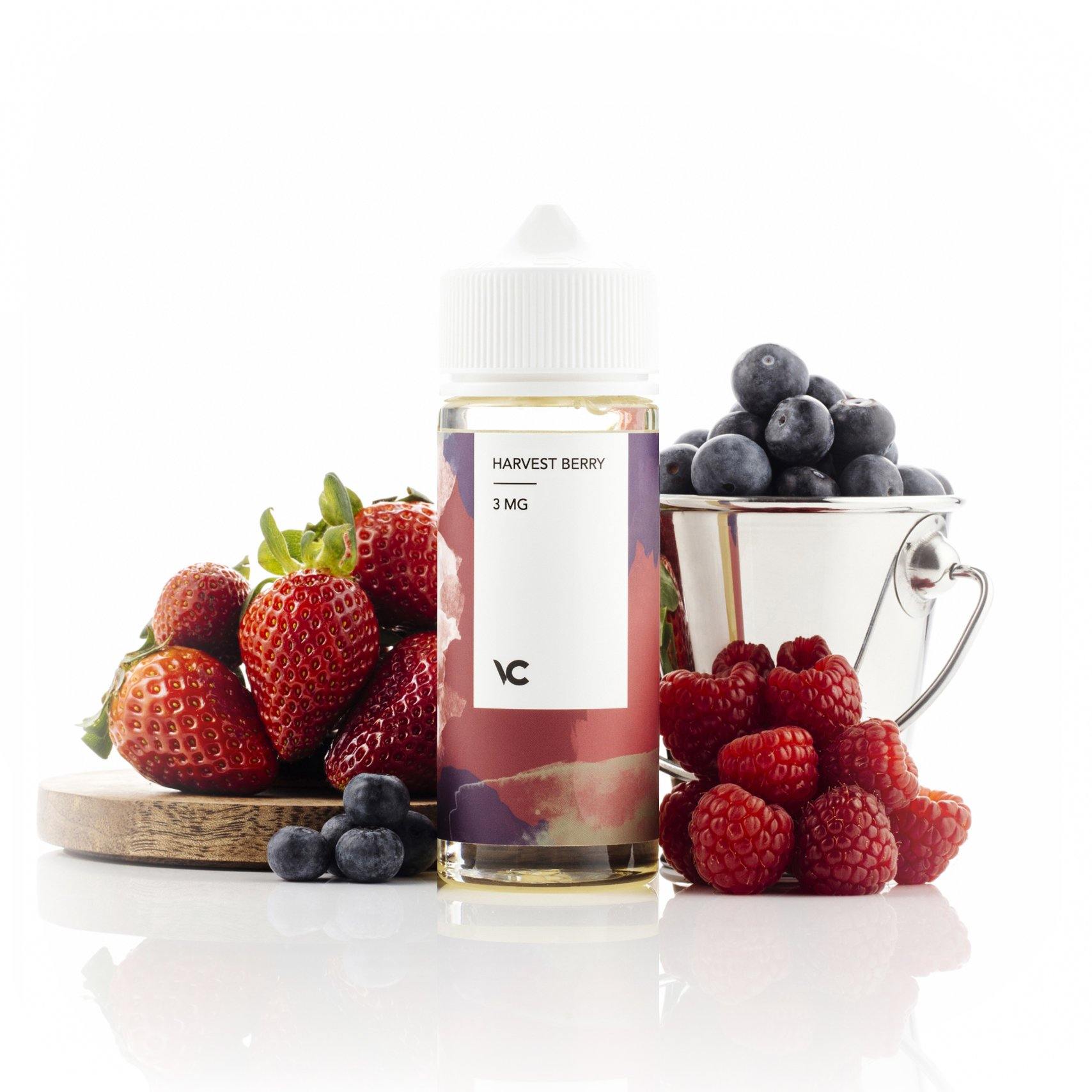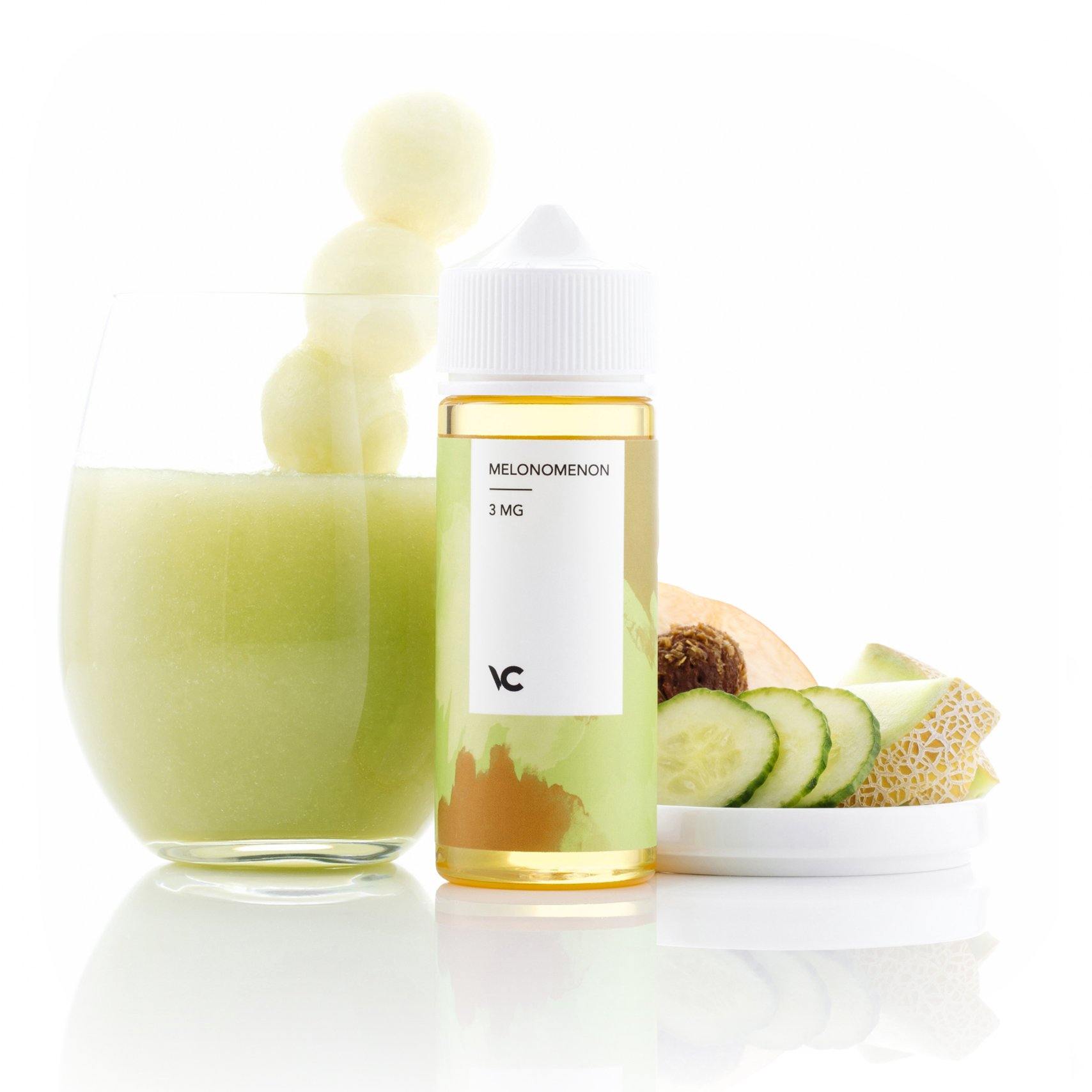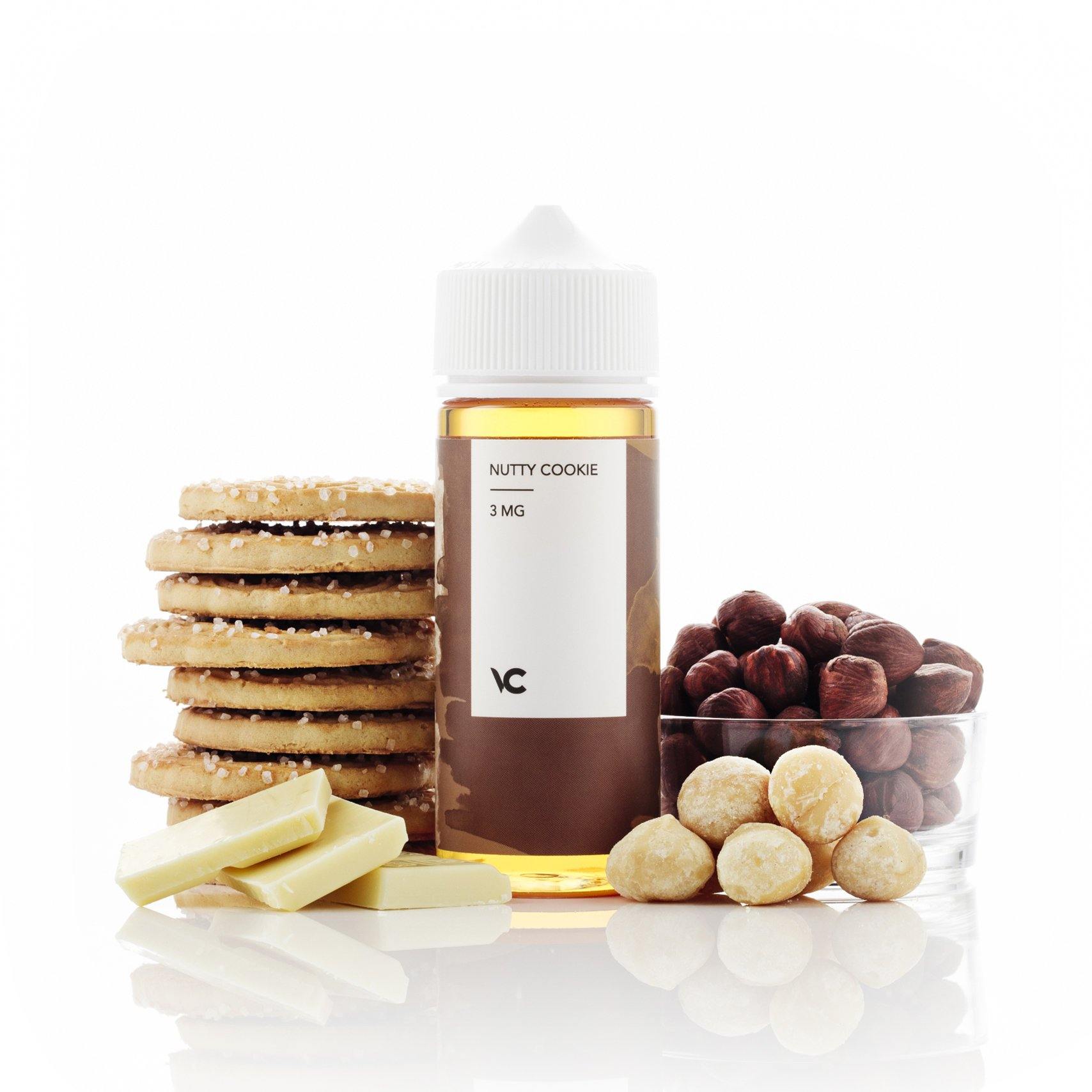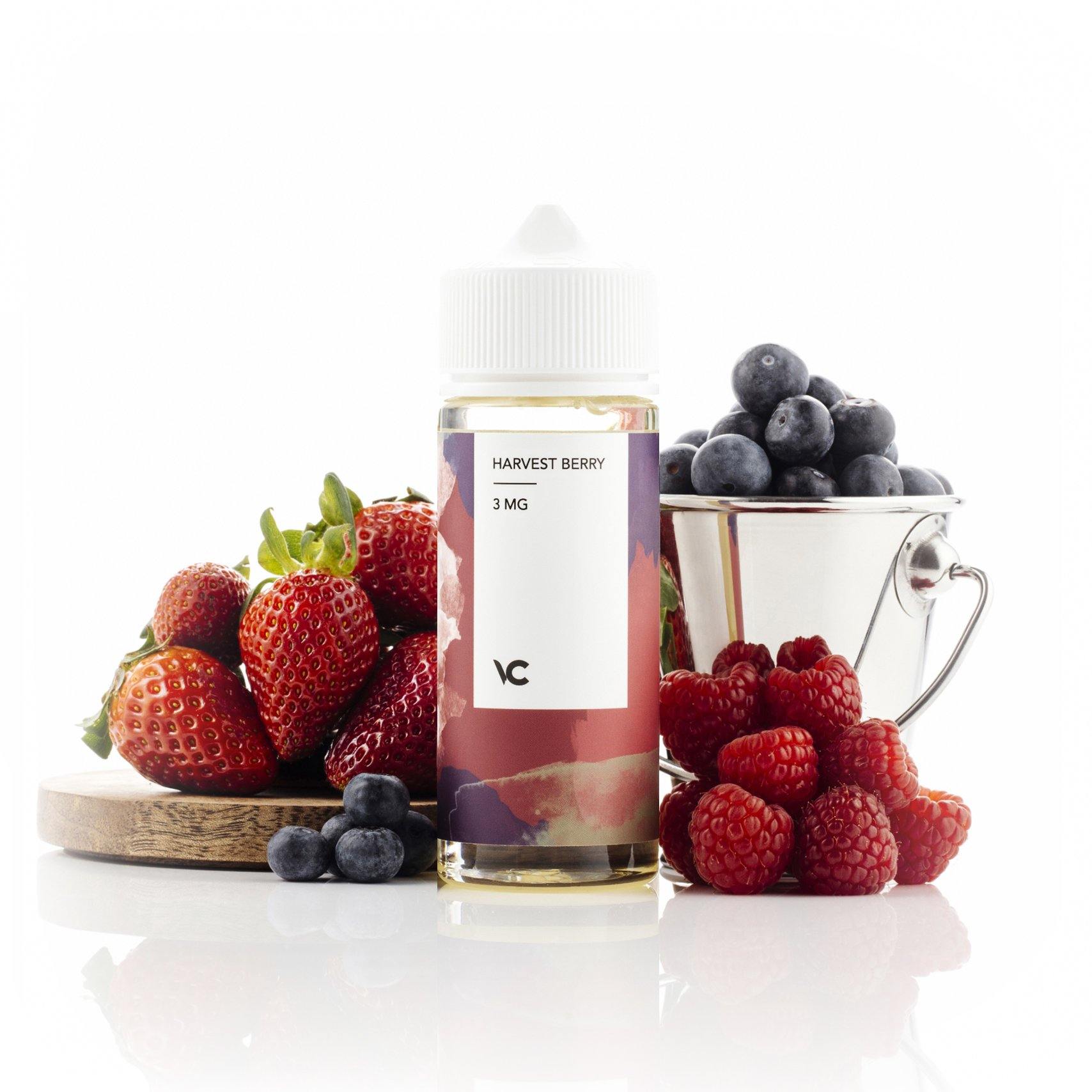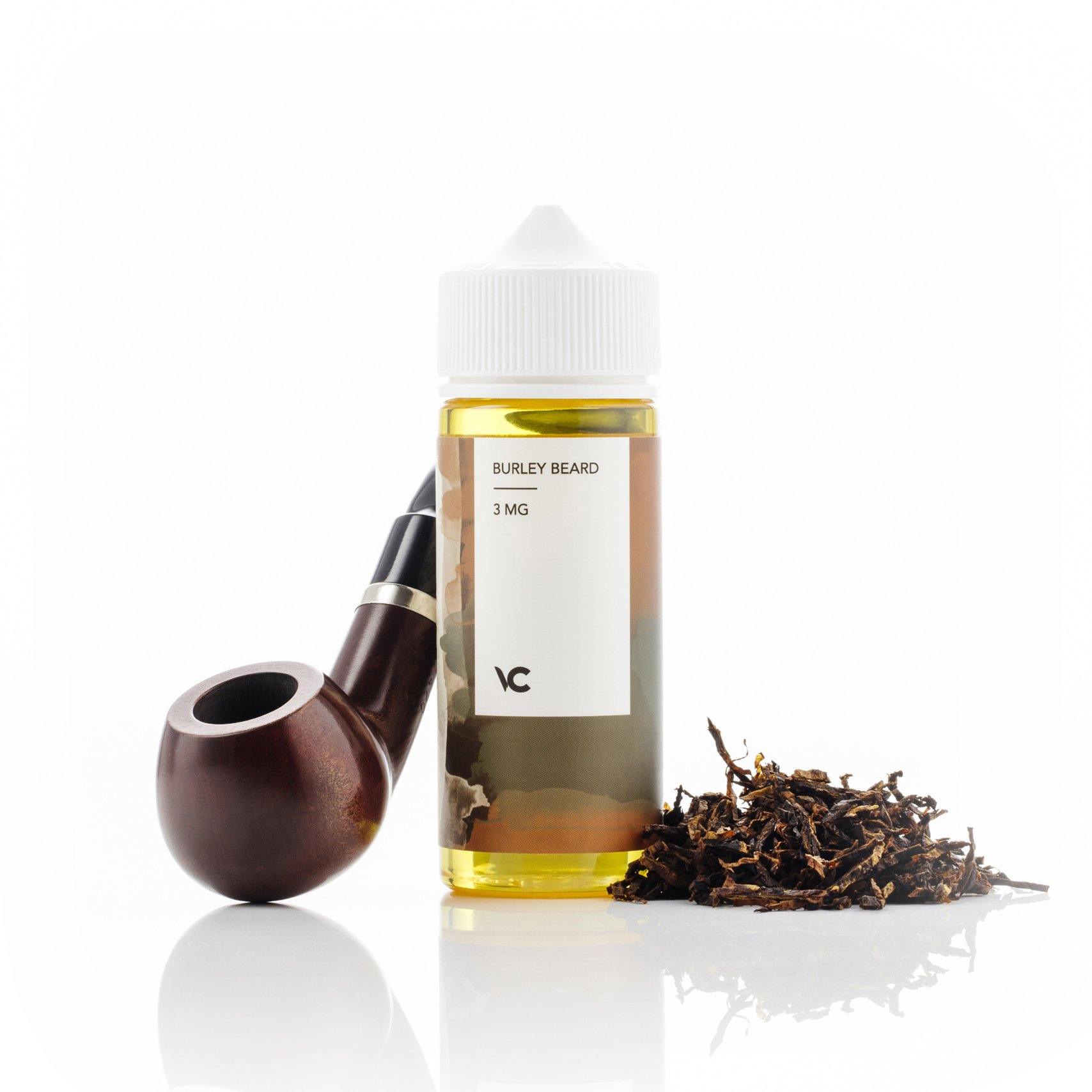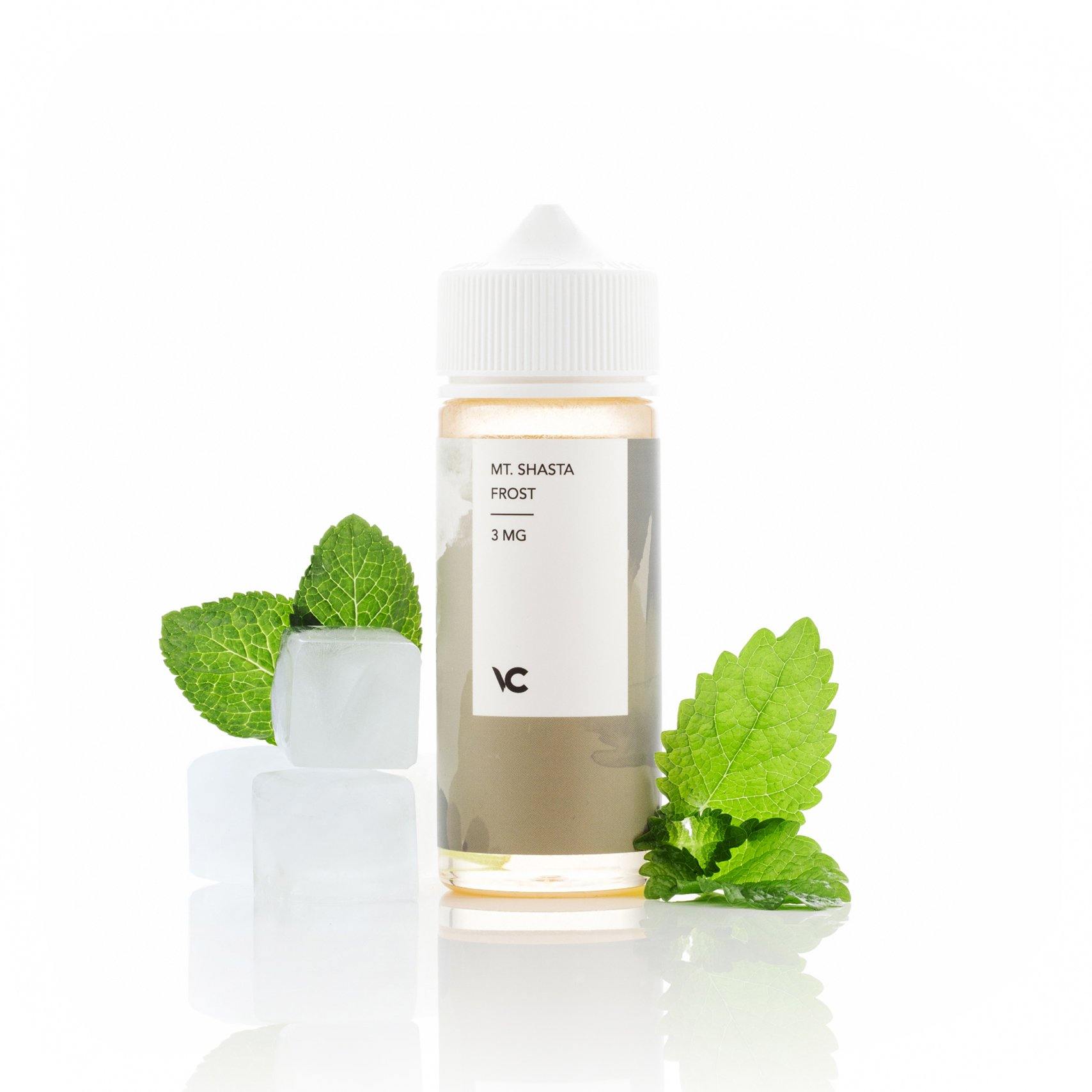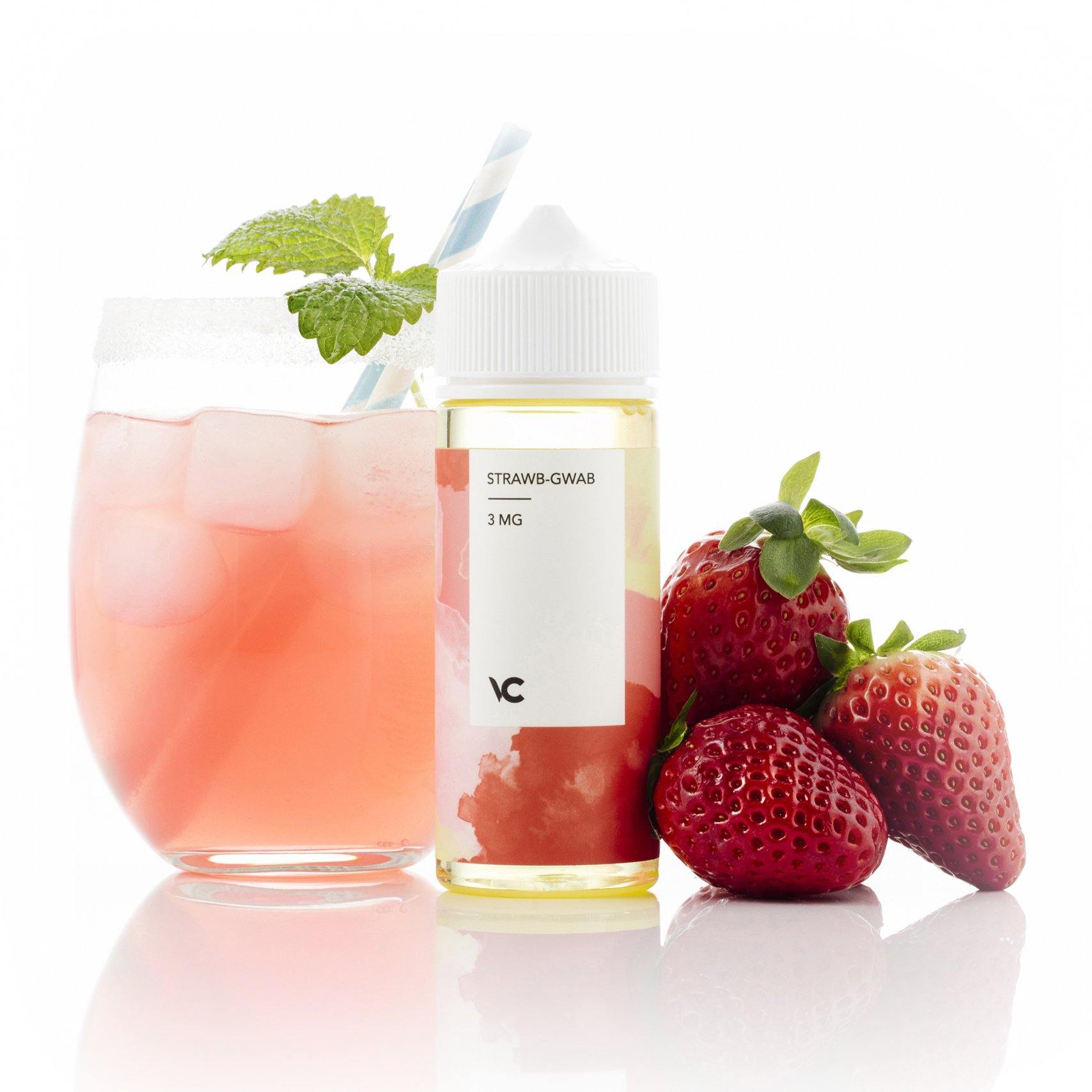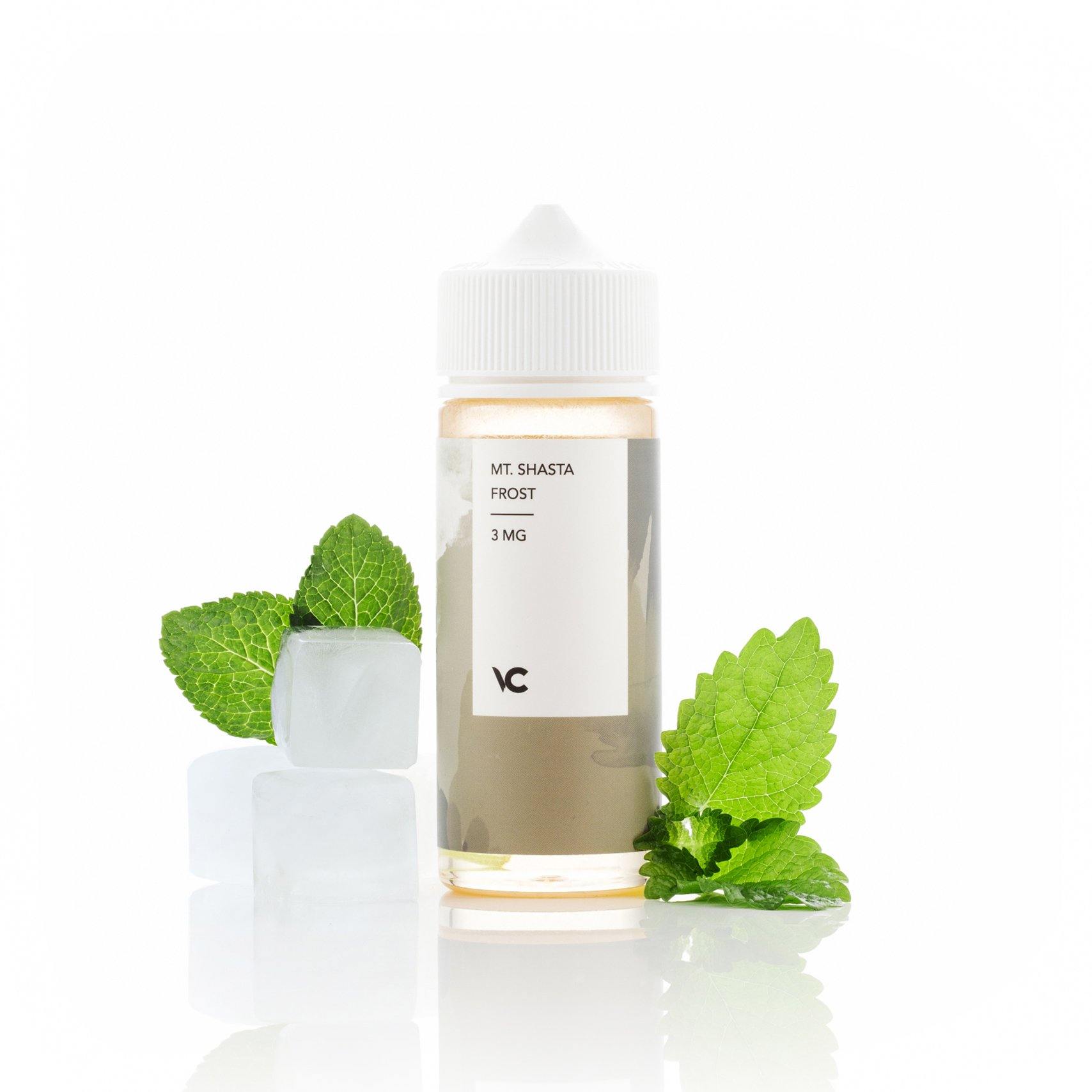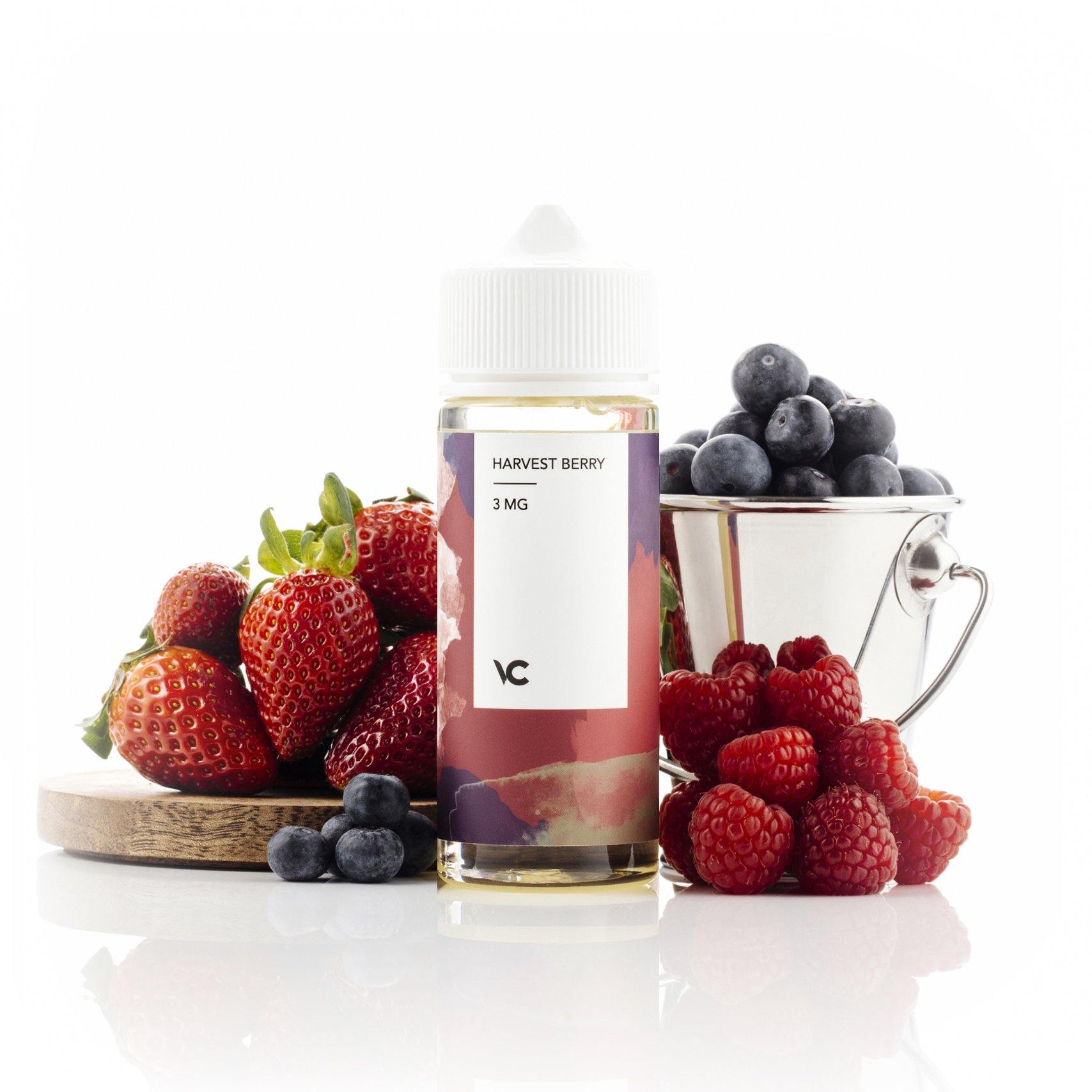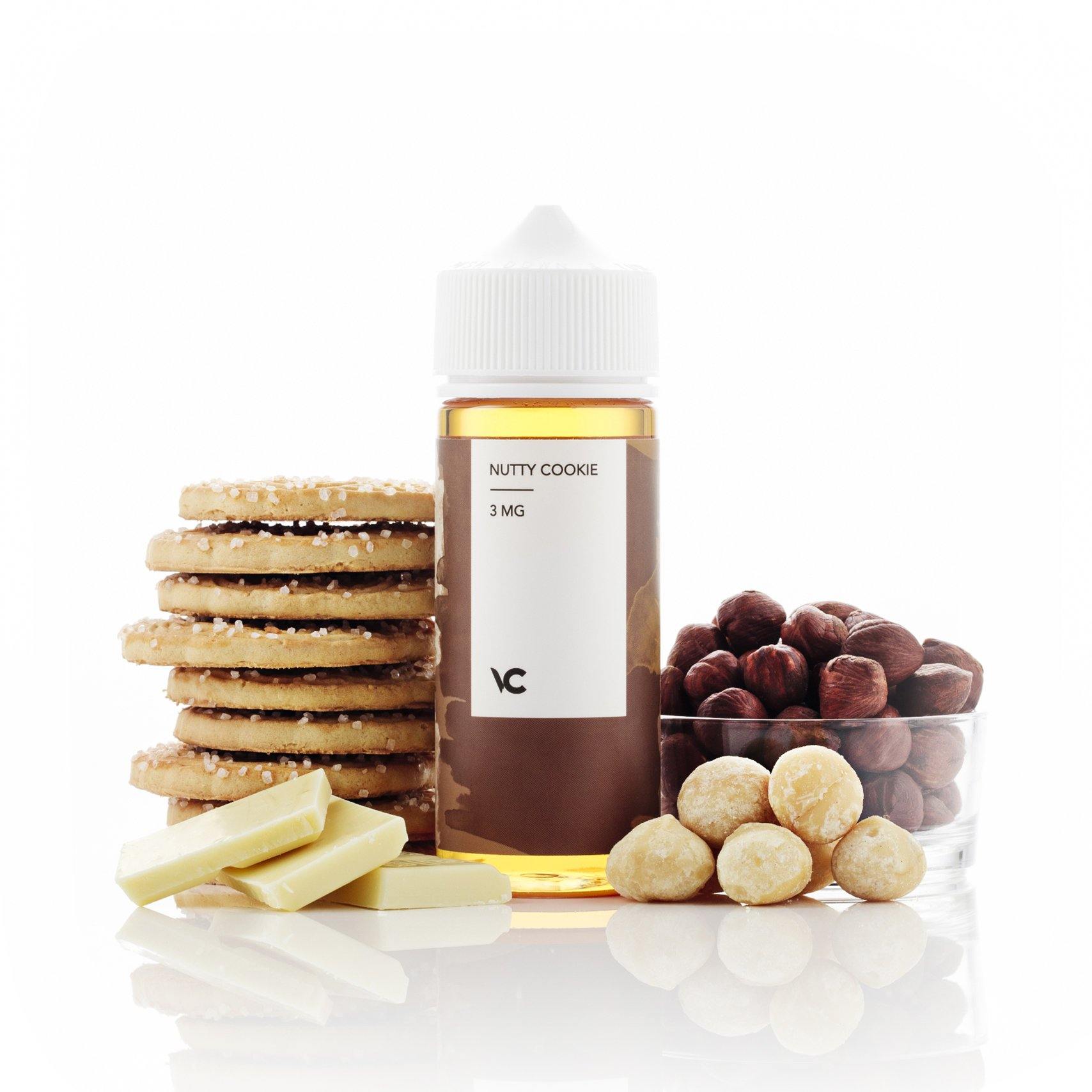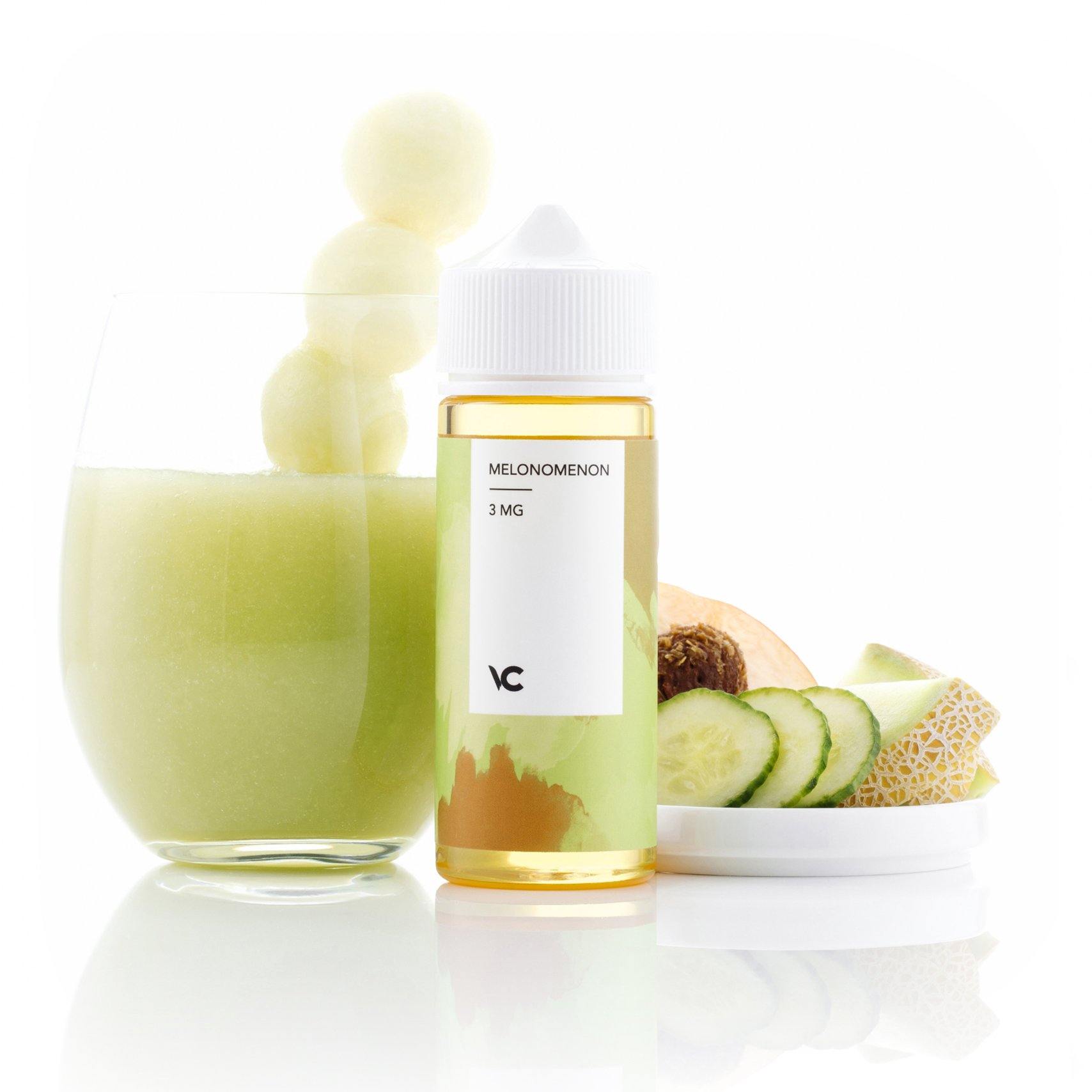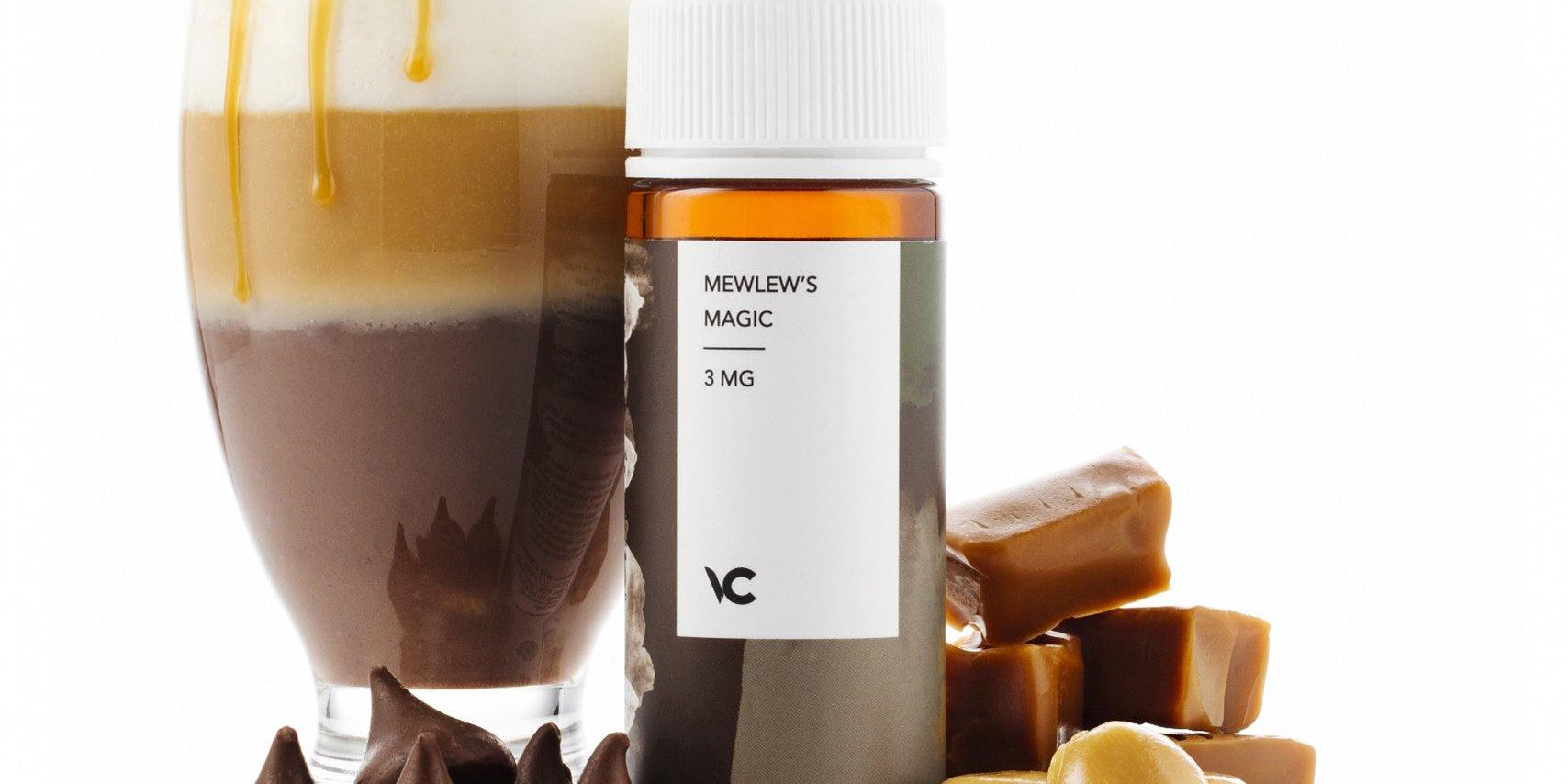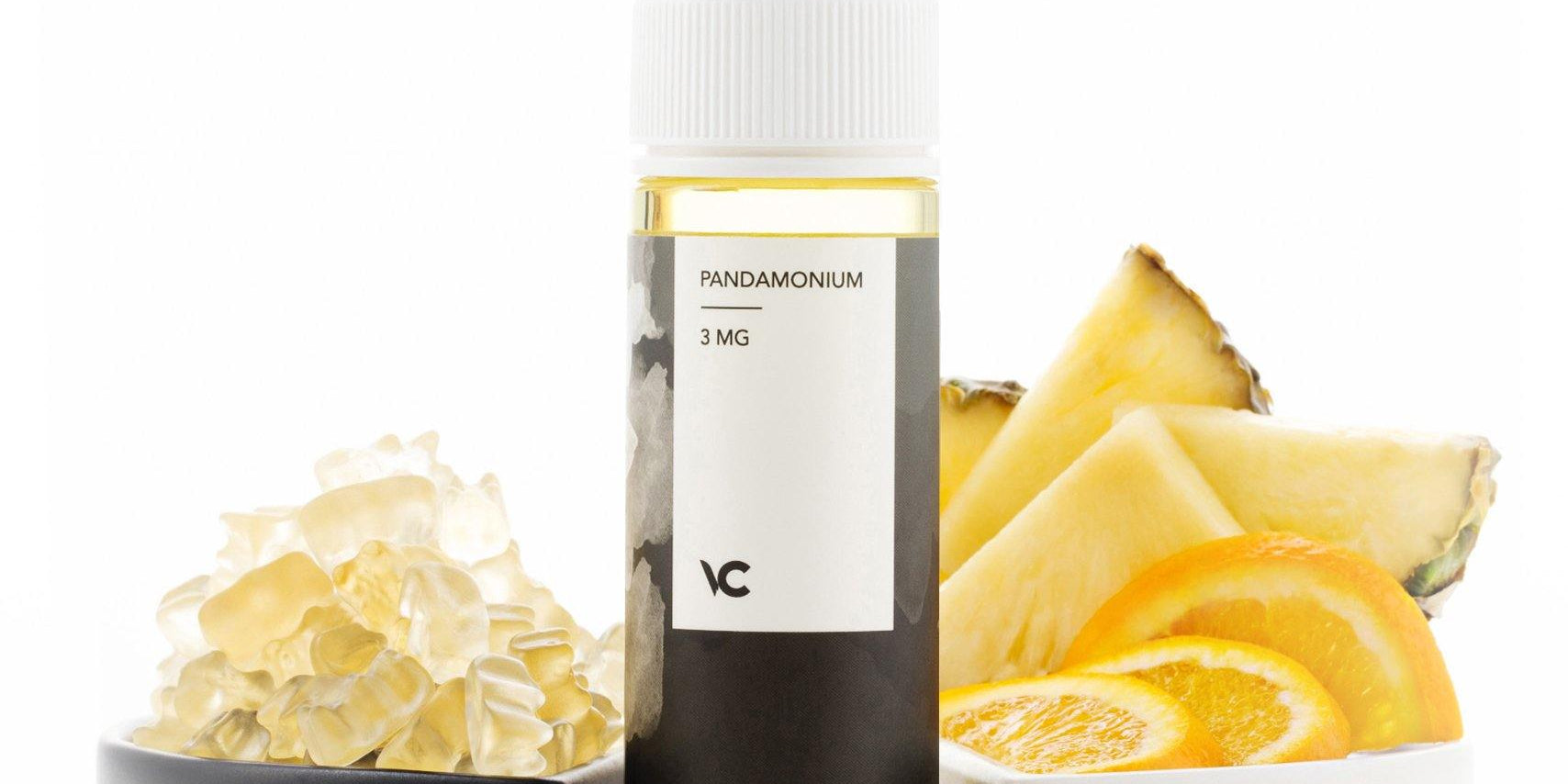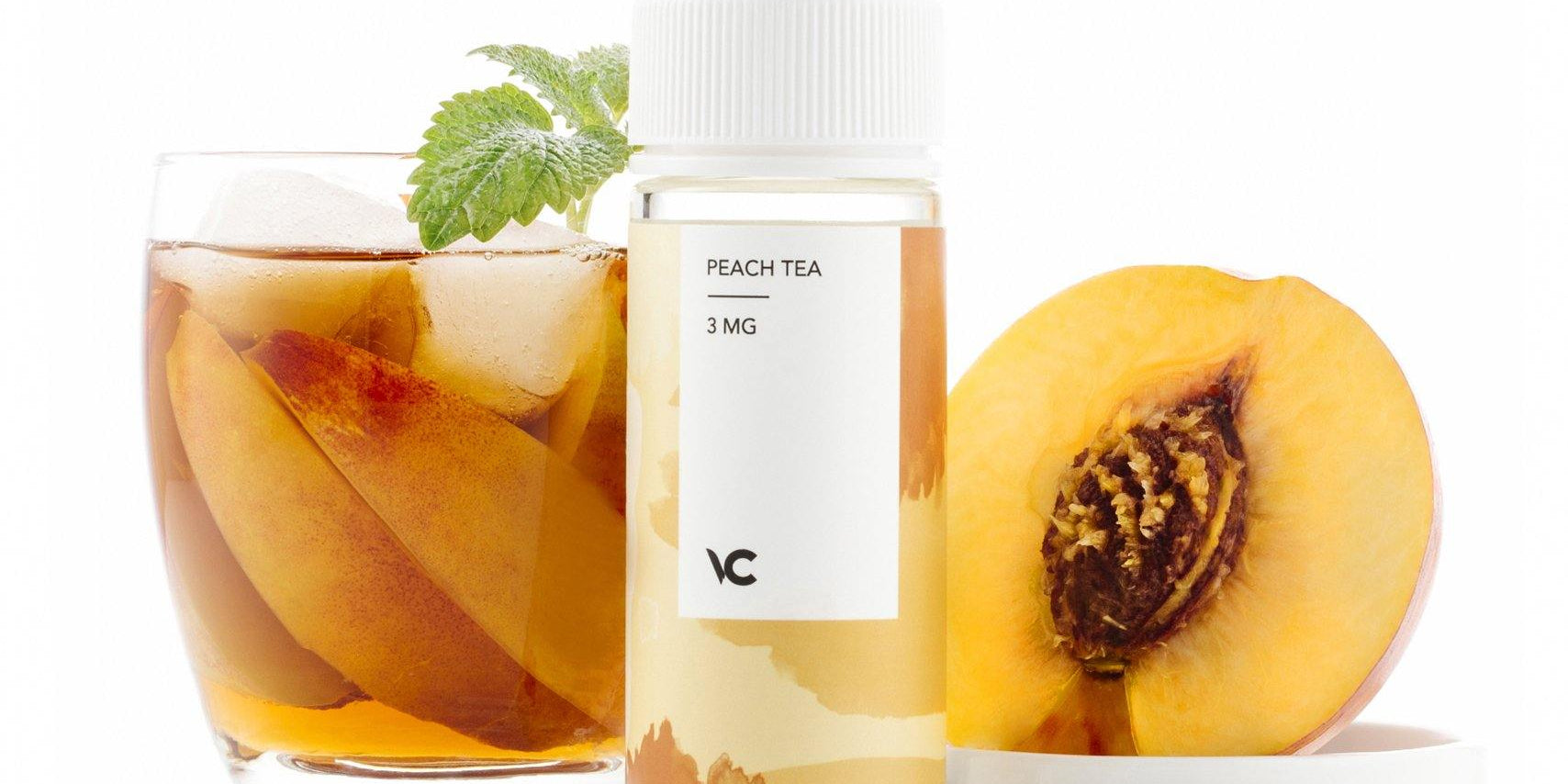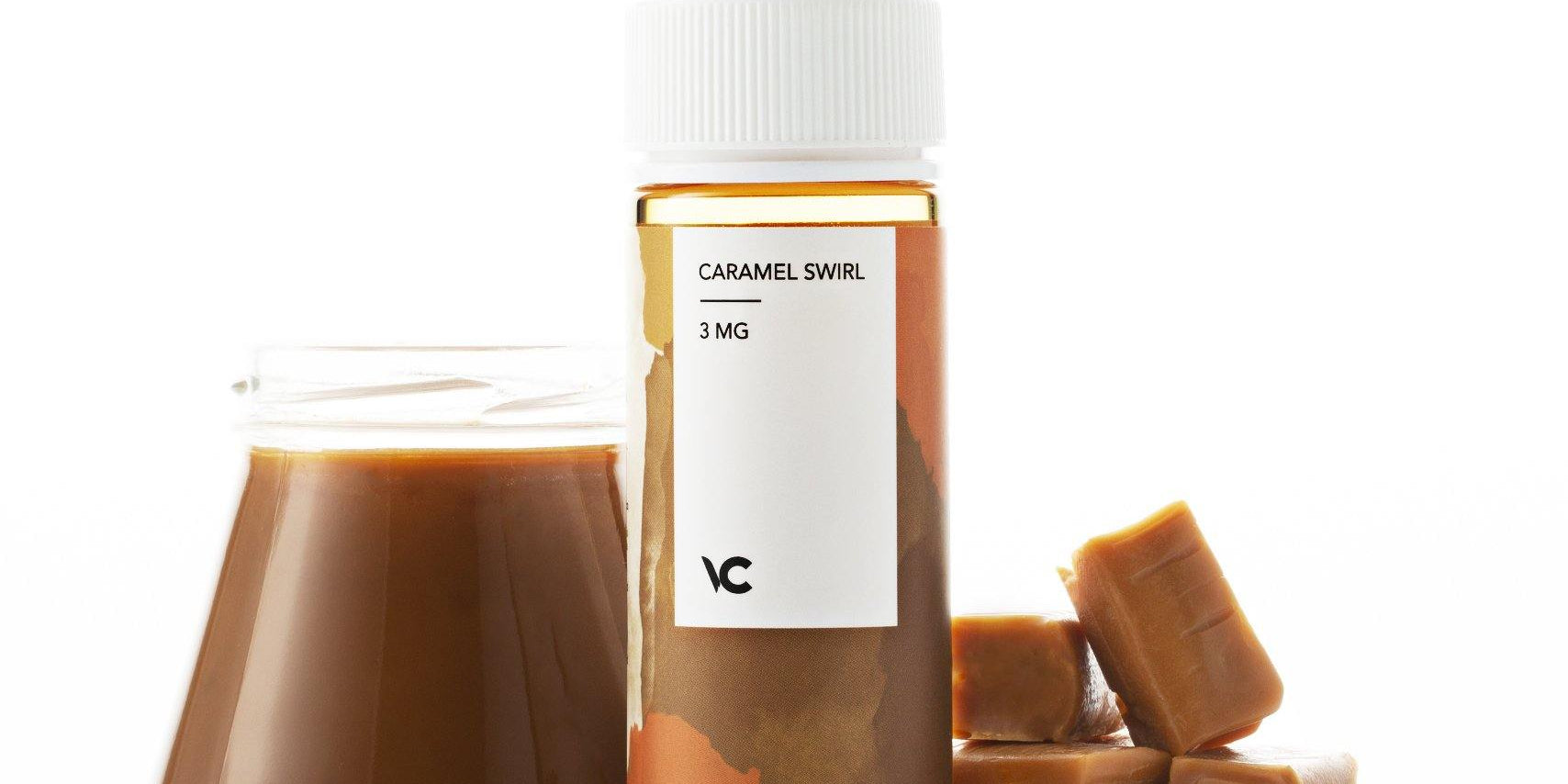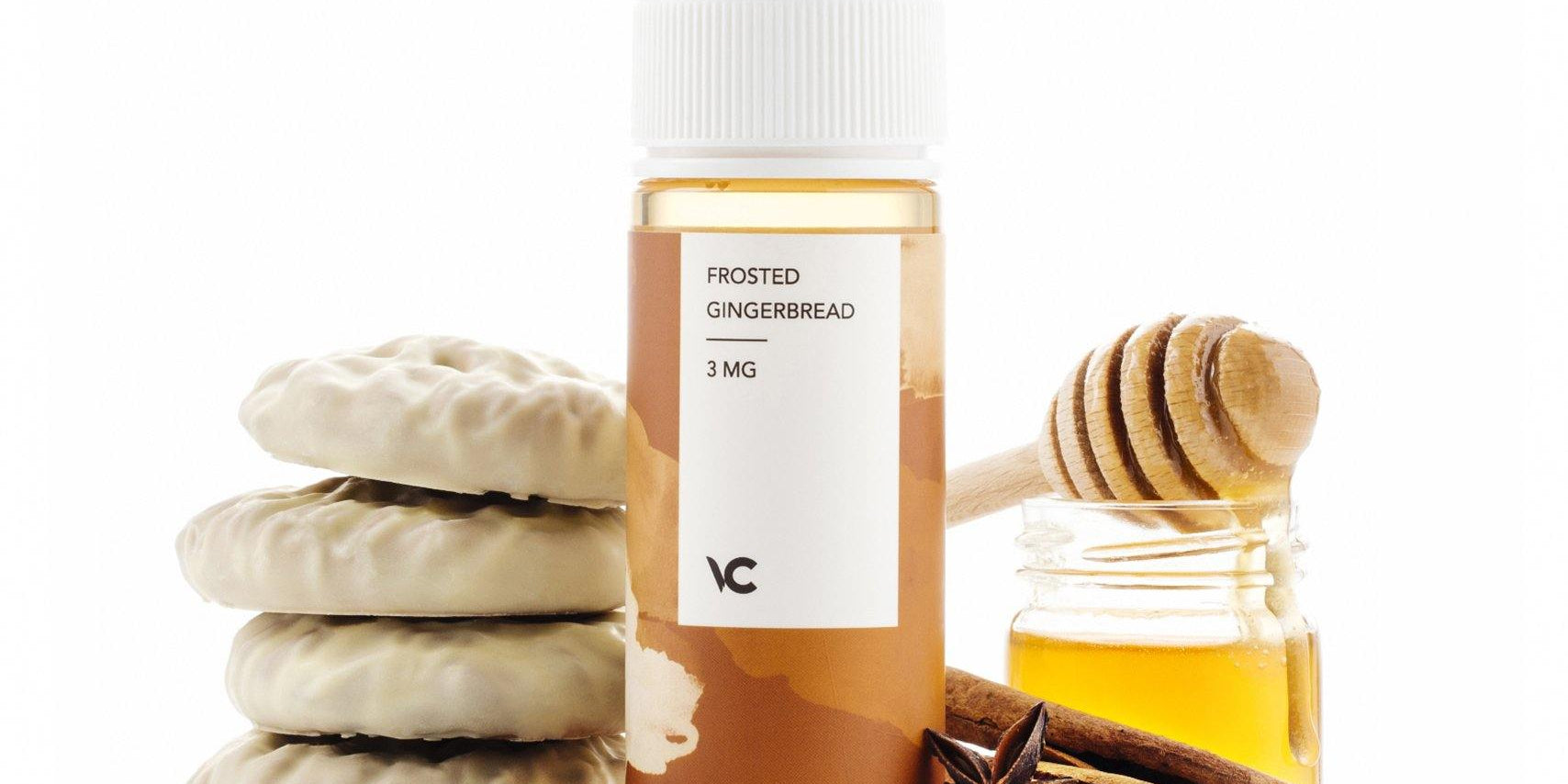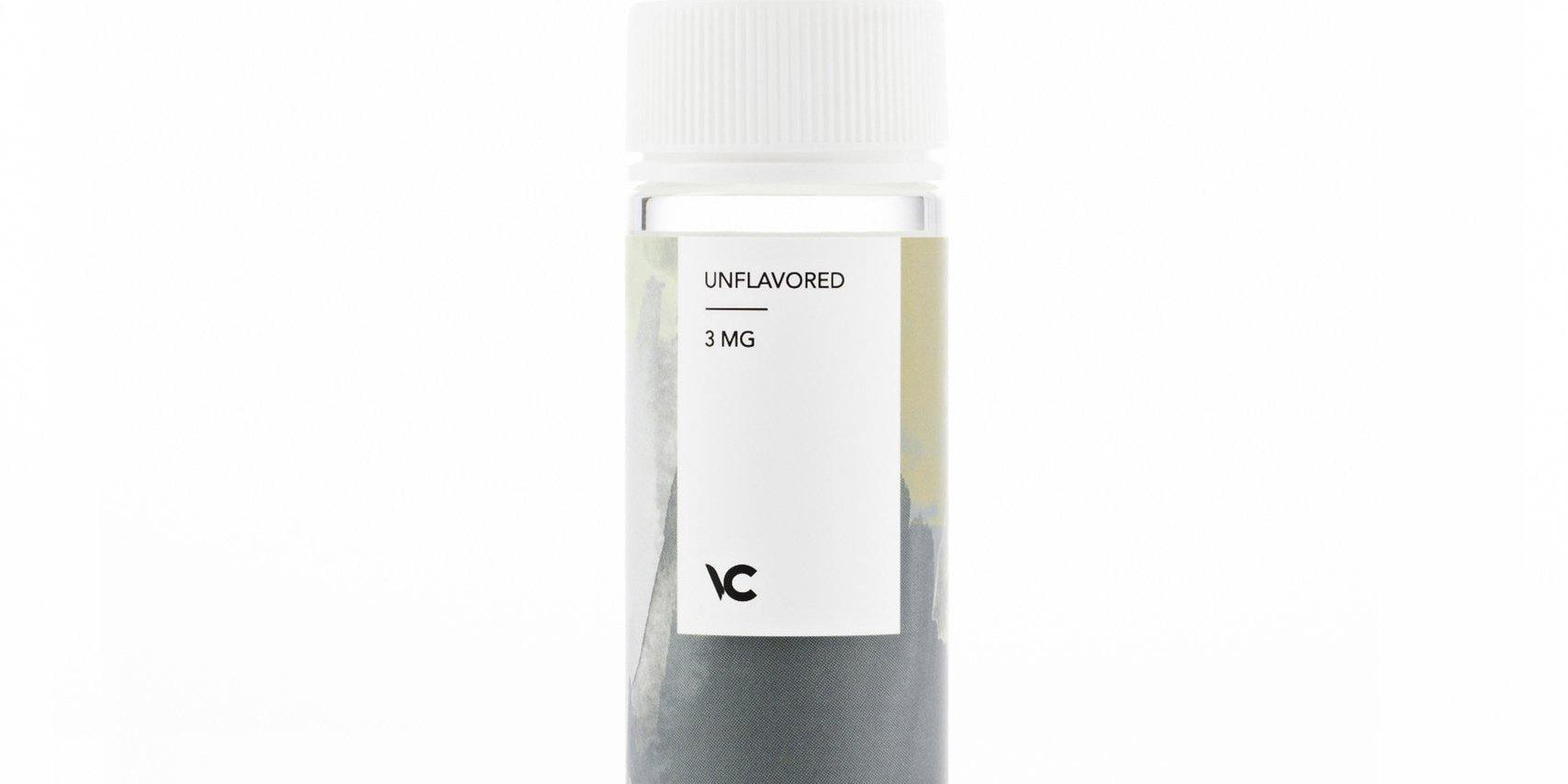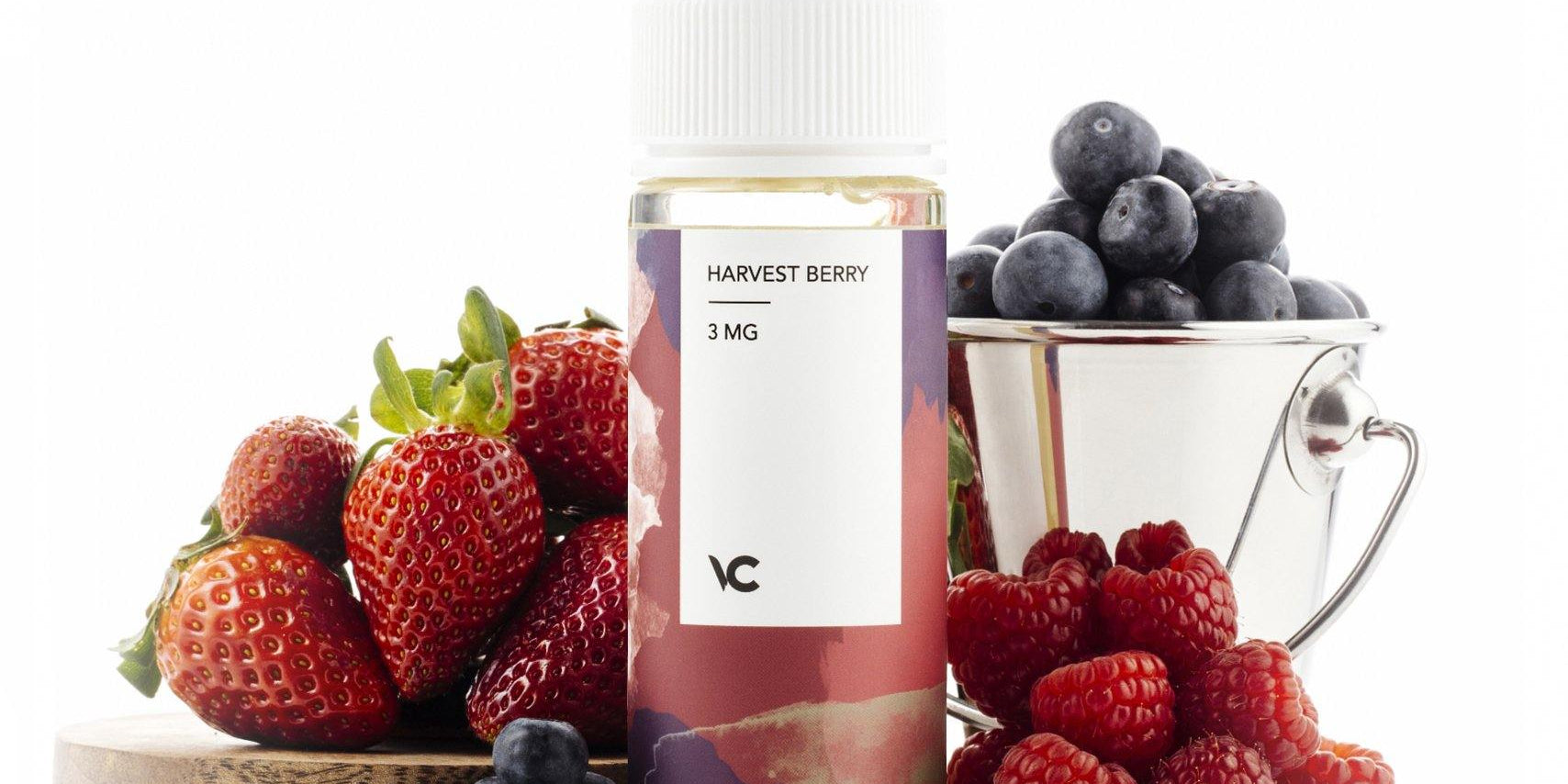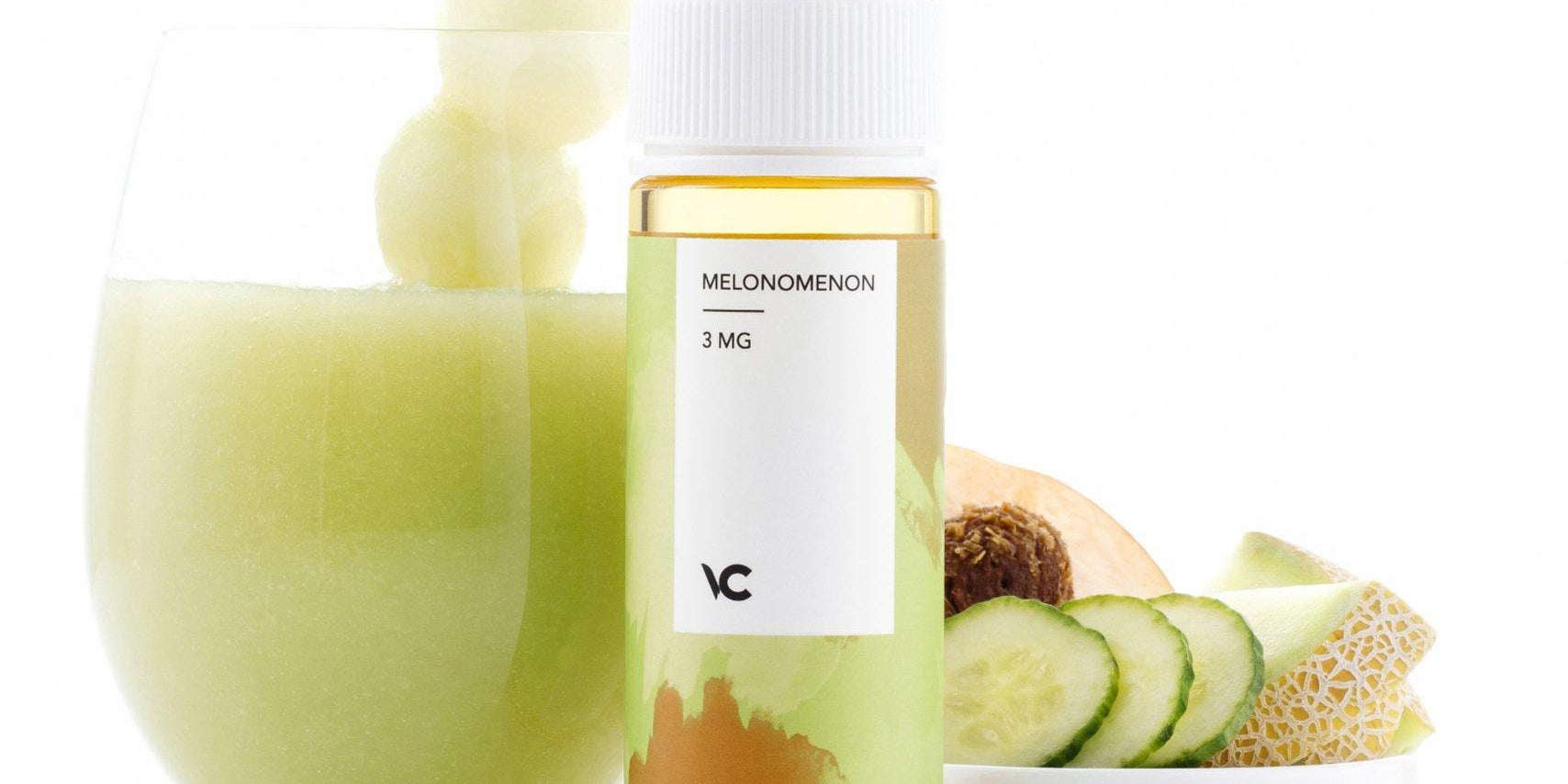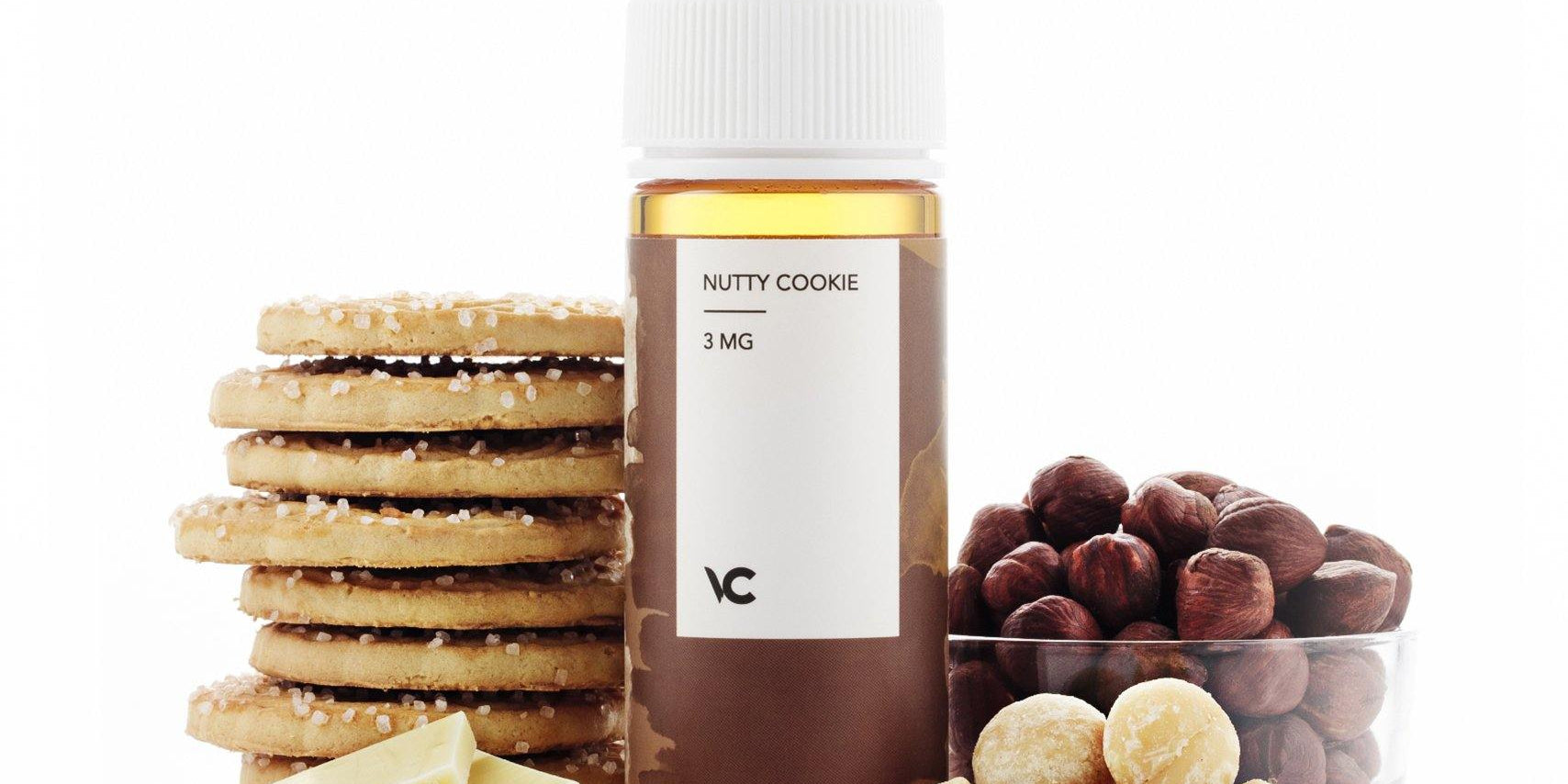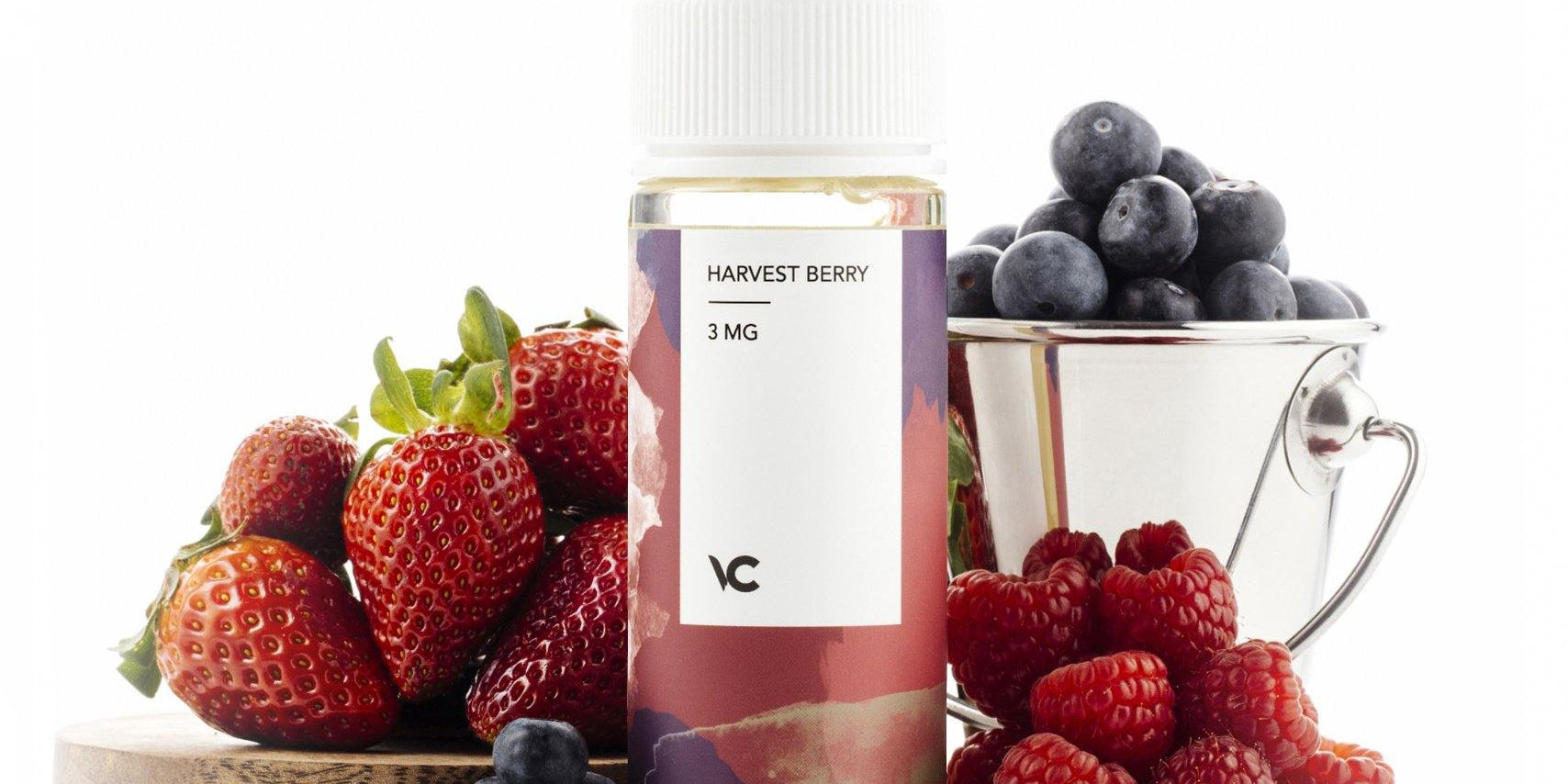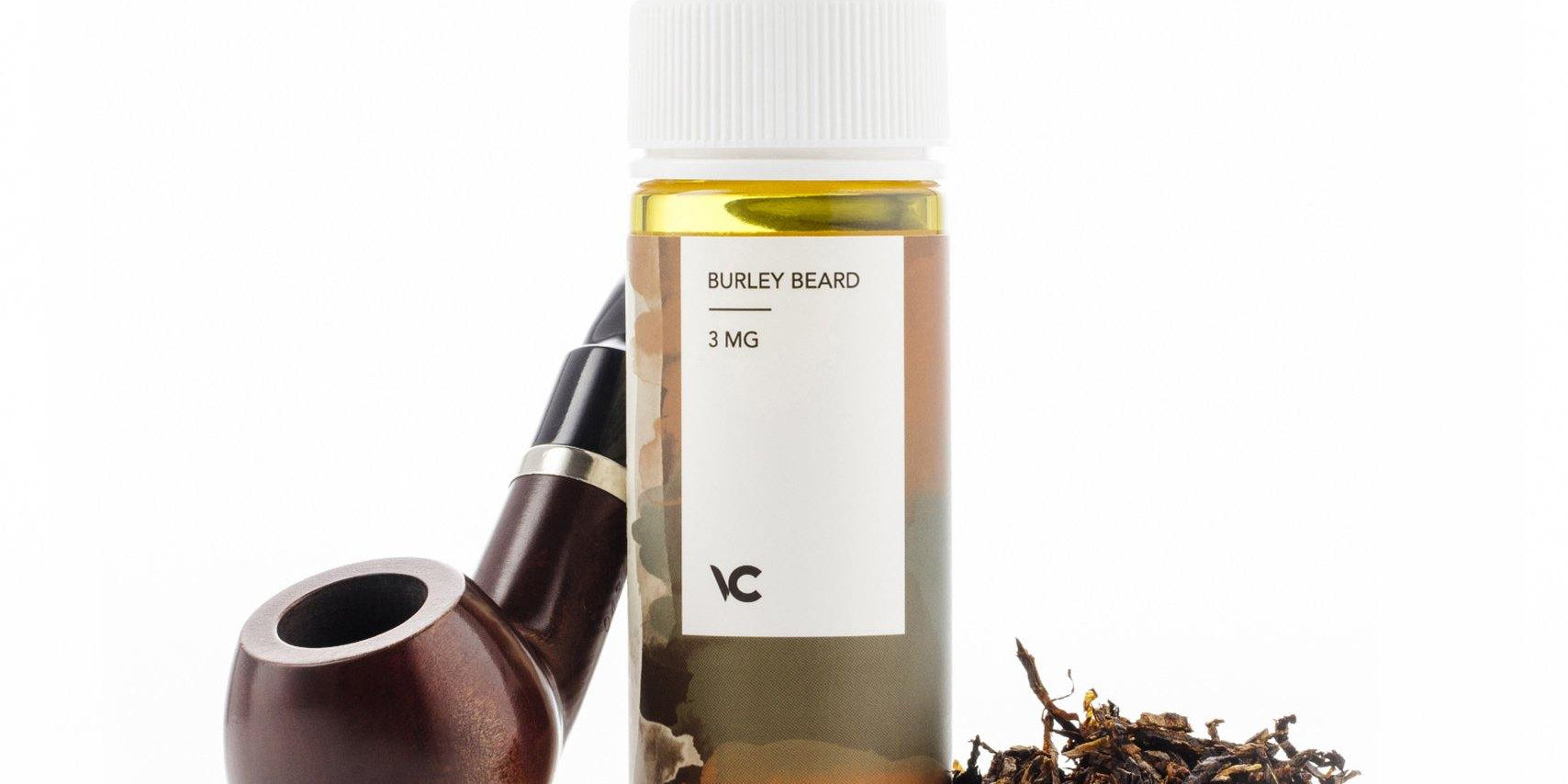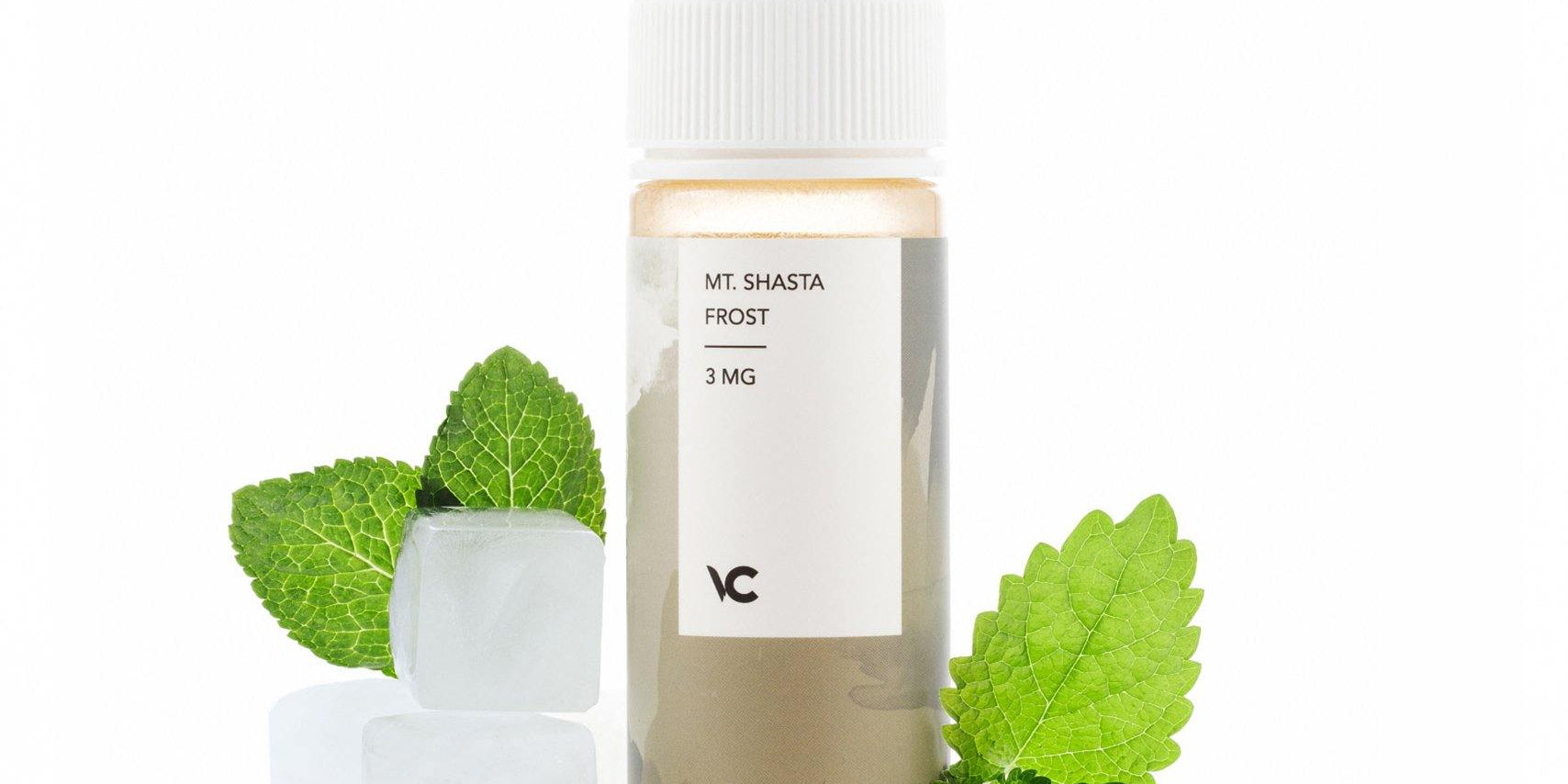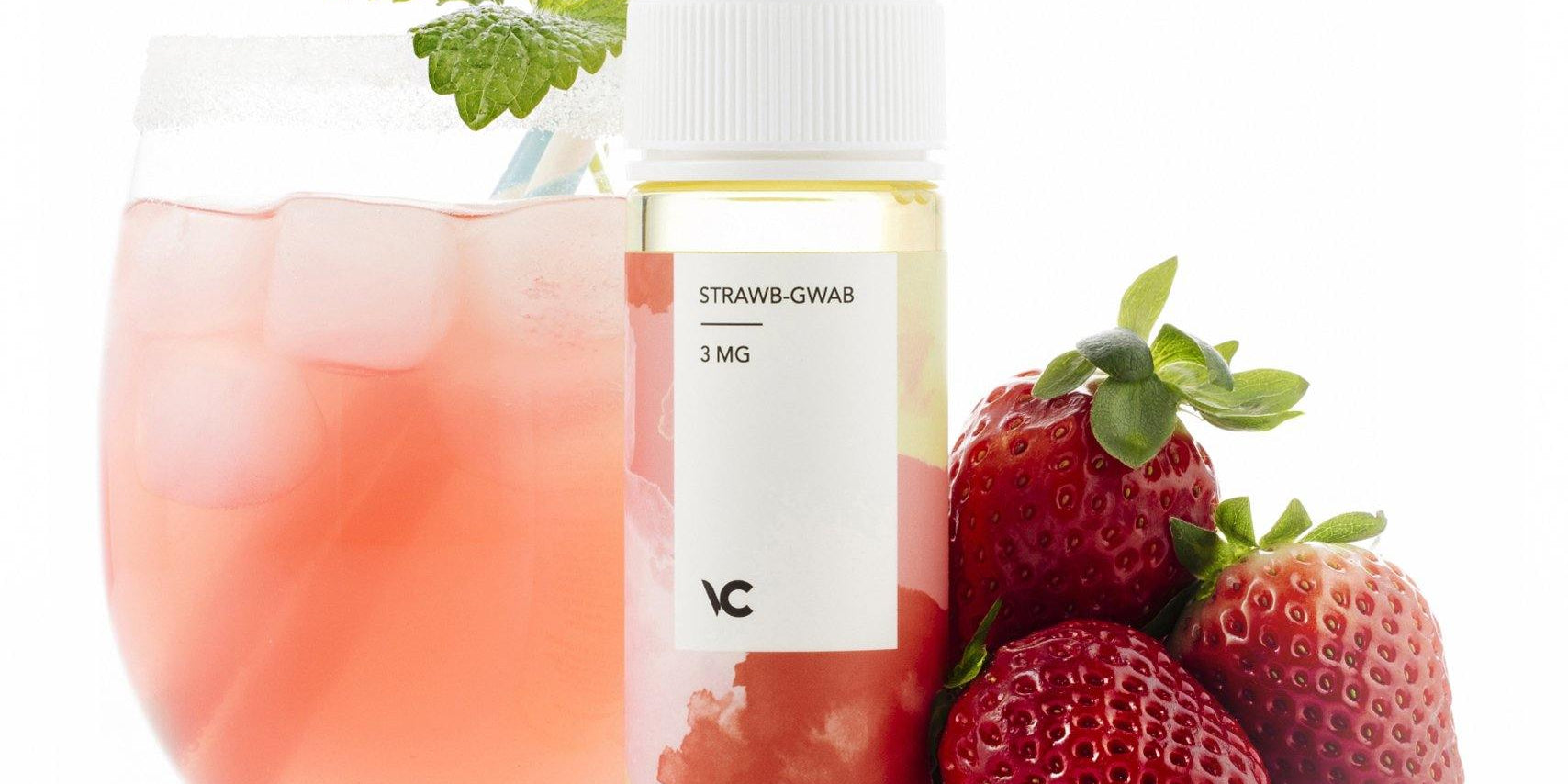Vape juice regulations vary widely worldwide, depending on the type of vape liquid and whether it contains nicotine, non-nicotine flavors, or CBD. This article examines regulatory distinctions across products and regions, including age restrictions, labeling requirements, export and import rules, and online sales.
Vape Juice Regulations: A Global Overview
Many regions, like the European Union (EU) and the United Kingdom, have clear regulatory frameworks for vape juices.
European countries typically regulate nicotine-based vape juices under tobacco control laws, limiting nicotine concentration (e.g., the EU’s 20 mg/ml cap). Their rules also restrict bottle sizes and enforce stringent labeling and health warnings.
Non-nicotine vapes are subject to lighter regulations in Europe. Germany is one exception, regulating nicotine-free formulas in the same manner as those containing nicotine. However, non-nicotine e-liquids still fall under consumer product safety laws that mandate ingredients are safe for inhalation and that packaging is tamper-proof.
Unlike Europe, dozens of countries worldwide, such as Thailand, Singapore, Cambodia, and Laos, have outright bans on vape products with strict penalties for possession or sale.
So what about CBD? Are CBD vape juices legal globally?
CBD vape regulations are even more inconsistent around the world. Many countries—like Canada, the UK, and parts of the EU—allow them within certain limits, while other nations prohibit them entirely due to conflicting cannabis laws.
Is CBD Vape Juice Legal in the US?
Are CBD vape juices legal in the US?
Yes, CBD vape juice is (mostly) allowed in the United States under federal law, thanks to the 2018 Farm Bill. This law legalized hemp-derived CBD products as long as they contain less than 0.3% THC.
However, the legal CBD landscape at the state level is more complex. Some places impose stricter manufacturing, sales, and use restrictions on CBD products, especially those marketed as inhalable or sold in specific retail environments.
Key points to consider
Hemp-derived CBD is federally legal: CBD vape juices are allowed federally as long as they are derived from hemp and contain less than 0.3% THC.
States restrict CBD in certain cases: State CBD rules vary. For instance, Idaho does not allow CBD products to contain traceable THC levels, effectively banning all full-spectrum formulas. Kansas bans all hemp vaporizing devices. Iowa and Utah explicitly prohibit smokable hemp products, which likely applies to CBD vapes.
Product limitations also restrict CBD access: CBD vapes must meet testing and labeling requirements in many states to qualify for legal sale. Additionally, some places ban certain e-liquid flavors and products that appeal to minors.
You should always check state-specific regulations to answer the question, is CBD vape juice legal in my area?
Nicotine vs. Non-Nicotine Vape Juices: Legal Distinctions in the US
In the United States, there are significant legal distinctions between nicotine and non-nicotine vape juices. The Food and Drug Administration (FDA) oversees all nicotine products. However, the regulatory landscape for non-nicotine vape juices is less defined.
Key points to consider
Nicotine vapes are strictly regulated: Nicotine vape juices fall under the FDA’s authority, which requires manufacturers to comply with the Tobacco Control Act. This includes pre-market review, strict advertising limitations, and warnings about potential health risks. States also implement rules, such as flavor bans (like in California, Oregon, Massachusetts, and New York) or age restrictions, further controlling the market.
Non-nicotine vapes: Non-nicotine vape juices face fewer regulations at the federal level, as they are not classified as tobacco products. However, states often treat them similarly to nicotine vapes by imposing age restrictions, marketing limitations, and sometimes even taxation. For example, states like Arkansas regulate non-nicotine vape products similarly to nicotine-containing ones. They require retailer licenses and impose taxes.
This disparity across states and products creates a patchwork of regulations that can affect your ability to access vape juice products nationwide.
Vape Juice and Age Restrictions in the US
In the United States, nicotine vapes are typically restricted to adults 21 and over. CBD and non-nicotine e-liquid age rules differ from state to state.
- Nicotine vape juice: Under the Tobacco 21 law, the minimum legal age for purchasing nicotine vape products is 21 across the country. This includes all vape products containing nicotine, no matter the concentration or flavor. States enforce strict age verification processes for online and in-store purchases.
- CBD vape juice: Many states regulate CBD under hemp laws, which sometimes include smokable hemp and vaping products. These laws typically include provisions about age restrictions, where the products can be sold, and how they must be labeled, depending on the state's stance on hemp-derived CBD. For example, you must be 21 in Louisiana to possess hemp-derived CBD.
- Non-nicotine vape juice: Non-nicotine vape juices are also subject to state-level age restrictions. Many states apply the same age limits to non-nicotine vape products as they do to nicotine-containing ones. For example, Oregon requires you to be 21 to buy any type of vape juice, regardless of nicotine content.
Packaging and Labeling Regulations in the US
Vape juice packaging and labeling regulations vary significantly in the US, driven by laws aimed at consumer safety, transparency, and preventing minors from accessing these products.
CBD Vape packaging and labeling
The U.S. Food and Drug Administration (FDA) has some oversight over CBD products. However, it has not provided comprehensive federal guidelines, so states with regulated hemp markets, like California, typically require CBD vape labels to include:
- Concentrations of CBD and THC (must be below 0.3% THC for legality).
- Net weight/volume
- Manufacturer name and contact info
- Batch or lot number
- Government warning statement for cannabis products.
- Instructions for use
- List of ingredients
- Allergens
- No unsubstantiated health claims about the product's effectiveness.
Nicotine vape packaging and labeling
Federal law mandates stringent nicotine labeling requirements, which include:
- A prominent nicotine addiction warning on the packaging
- Ingredient lists and warnings about harmful chemicals.
- Health-related warnings must cover a significant portion of the packaging.
- Restrictions against marketing that appeals to minors, including certain flavors and imagery.
Non-nicotine vape Packaging and Labeling
Non-nicotine vape packaging generally requires:
- Clear labeling indicates the absence of nicotine.
- Ingredient lists and any relevant health warnings.
- Compliance with state-specific vape regulations, particularly in states that have passed broader vape-related laws, like California and New York.
Import and Export of Vape Juices
Importing and exporting CBD, nicotine, and non-nicotine vape juices are subject to strict rules that vary by country.
In the U.S., imported nicotine vapes must comply with the Tobacco Control Act, which requires premarket approval by the FDA, proper labeling, child-resistant packaging, and adherence to advertising restrictions. All products must also include health warnings and follow specific ingredient and manufacturing standards to ensure safety and reduce risks associated with their use.
Importing CBD vape juices faces additional scrutiny, especially regarding the source of hemp and THC content, which must be below 0.3%.
Exporting vape juices outside the U.S. requires adherence to international trade laws specific to nicotine, CBD, and non-nicotine e-liquids. Depending on the substance, some countries require certifications, health warnings, or customs declarations before products can be shipped abroad. For example, EU nations have stringent limits on nicotine levels in vapes, while countries like Australia require a prescription for use.
Online Sales of Vape Juices
Selling vape juices online, whether they contain CBD, nicotine, or flavors only, is heavily regulated in the U.S. and globally. In the U.S., the PACT Act (Prevent All Cigarette Trafficking Act) requires online retailers selling nicotine or non-nicotine vape products to comply with strict guidelines, including:
- Age verification at the point of purchase
- Proper labeling of products
- Prohibitions on shipping via UPS and FedEx
- Compliance with local and state tax laws
The PACT Act does not apply to hemp. So, is selling CBD vape juice legal online?
Online CBD vape juices are allowed in all places that permit hemp-derived product sales. However, states with stringent hemp regulations, like Idaho, make selling compliant CBD products online tricky.
Conclusion
Vape juice legality varies globally and can change often. Nicotine vapes are strictly regulated under tobacco laws in many countries, including the U.S. and the EU. CBD vape legality, on the other hand, depends on state and federal hemp laws in the U.S. Non-nicotine vapes face fewer regulations but are still subject to age restrictions, flavoring bans, and safety standards in many places. In the U.S., you must understand local laws regarding vape juice to remain compliant with age restrictions, labeling, and online sales rules. Always check your local regulations to avoid legal complications.
